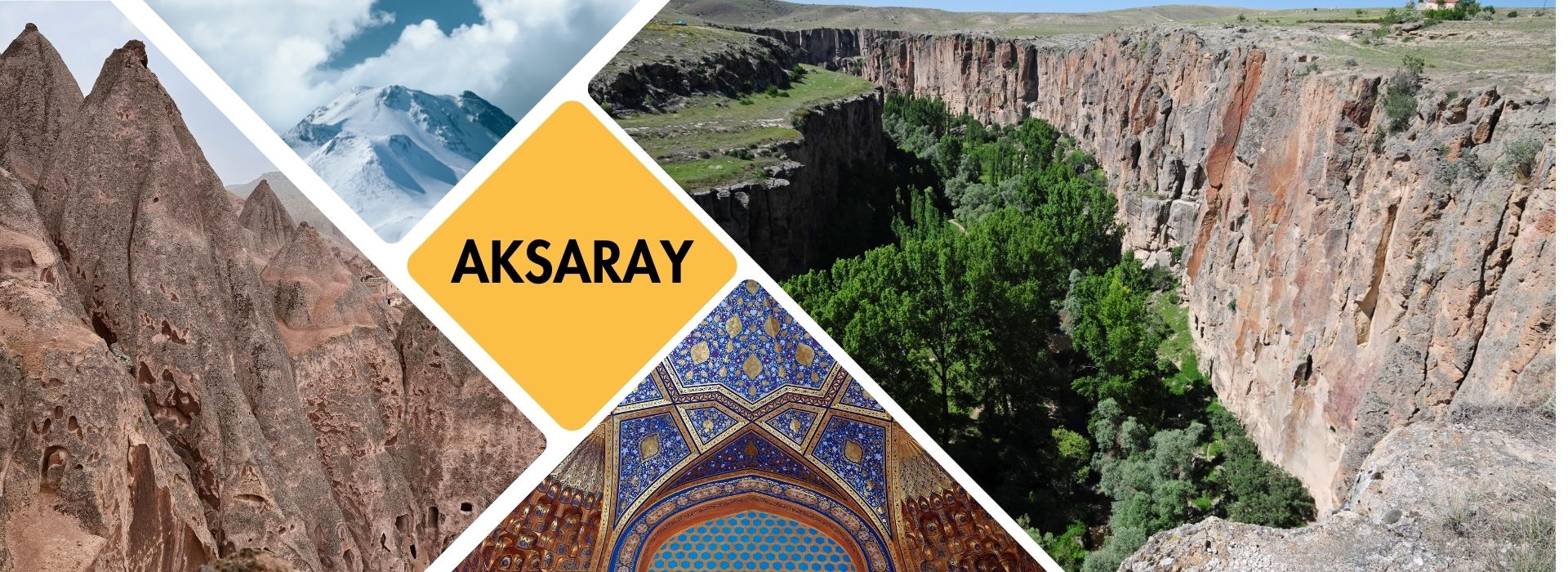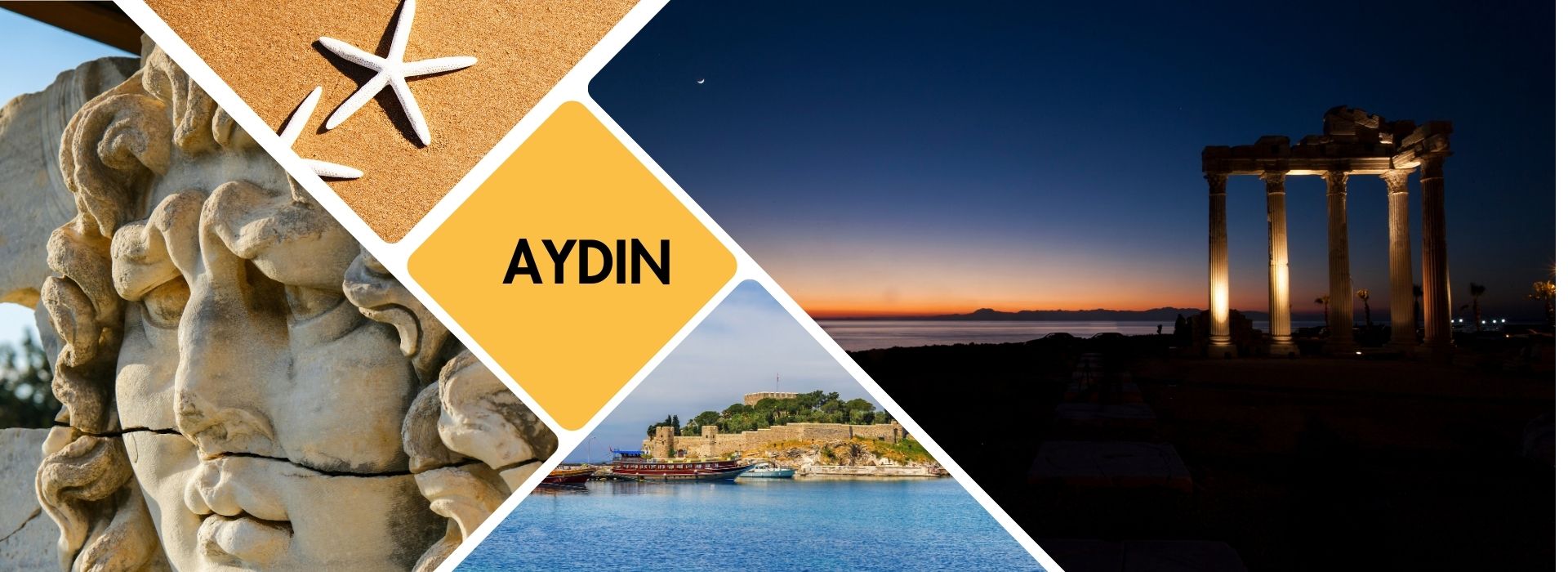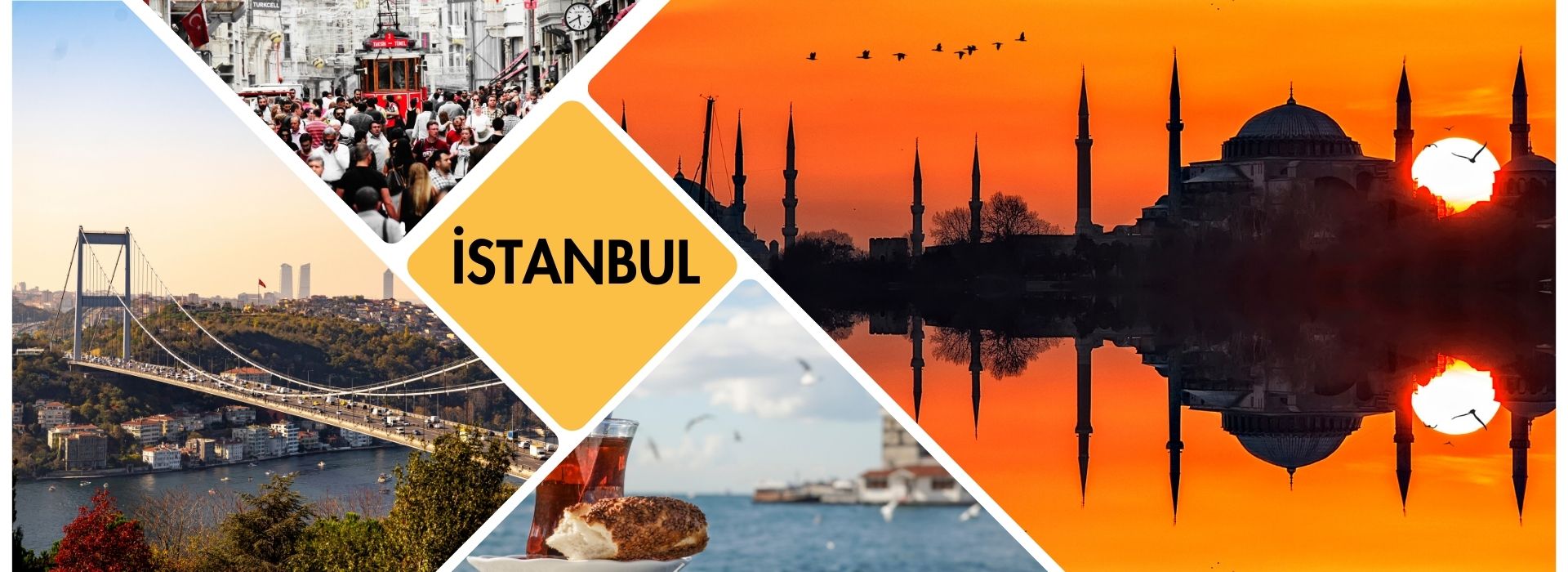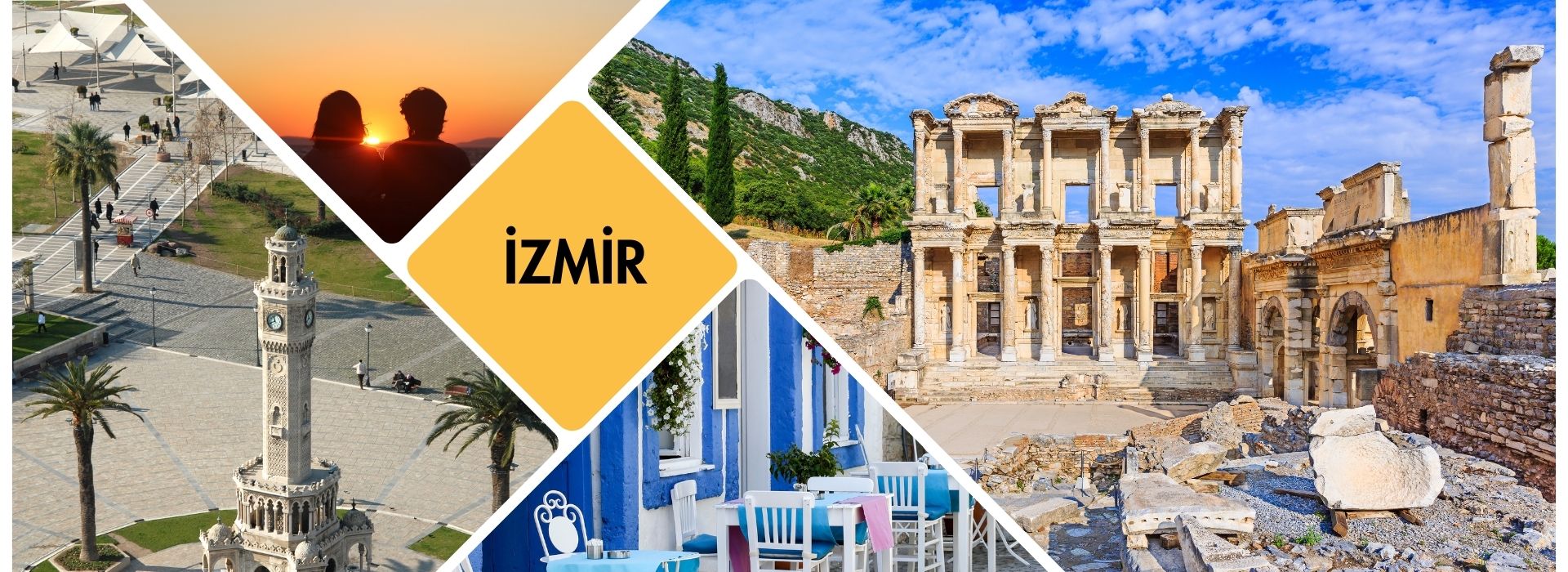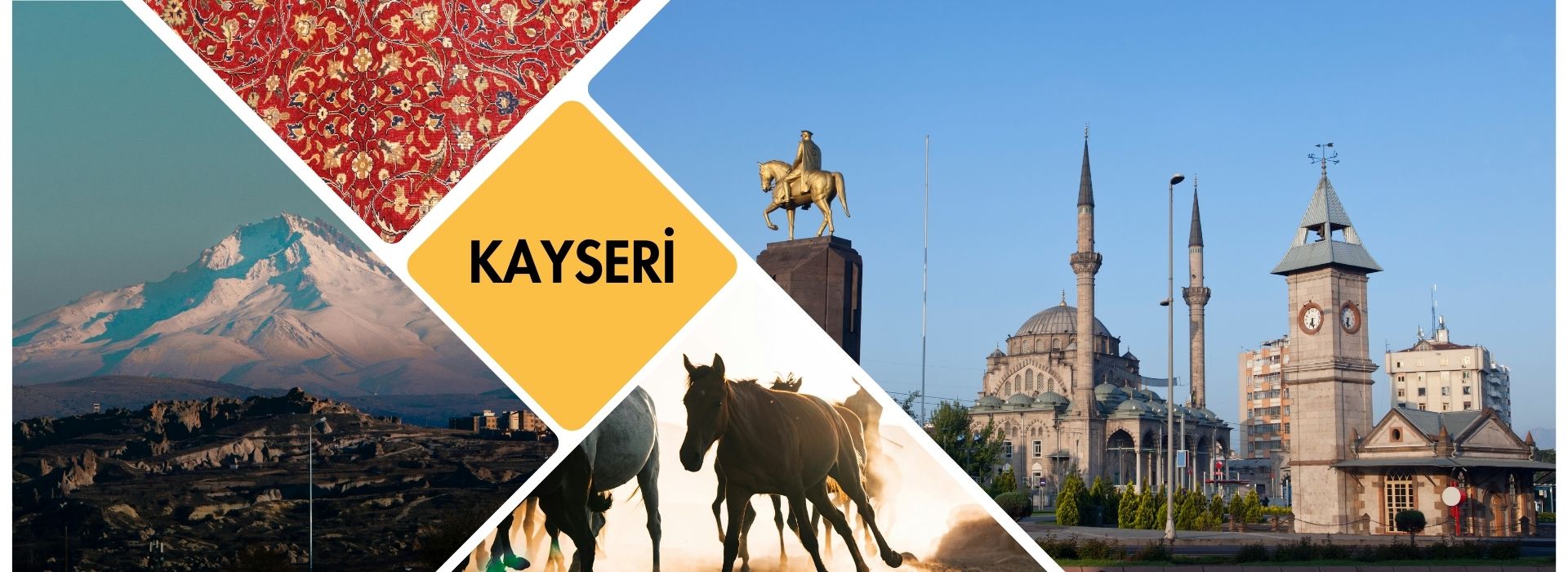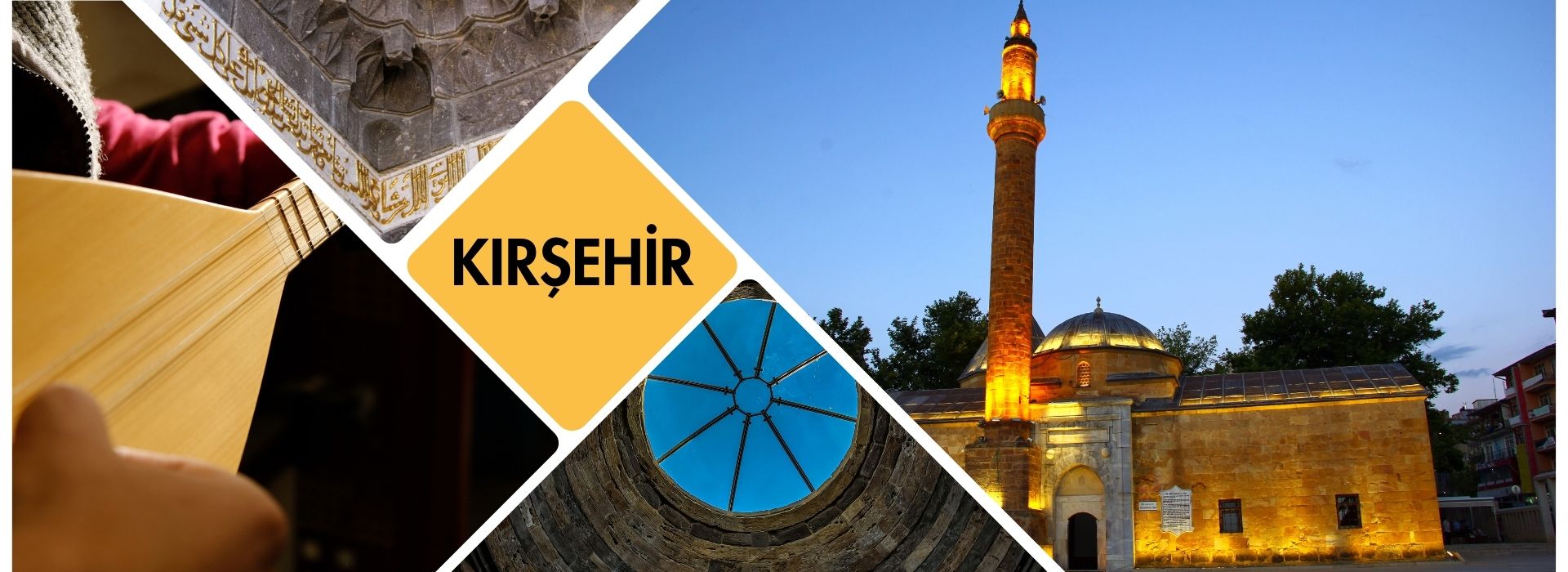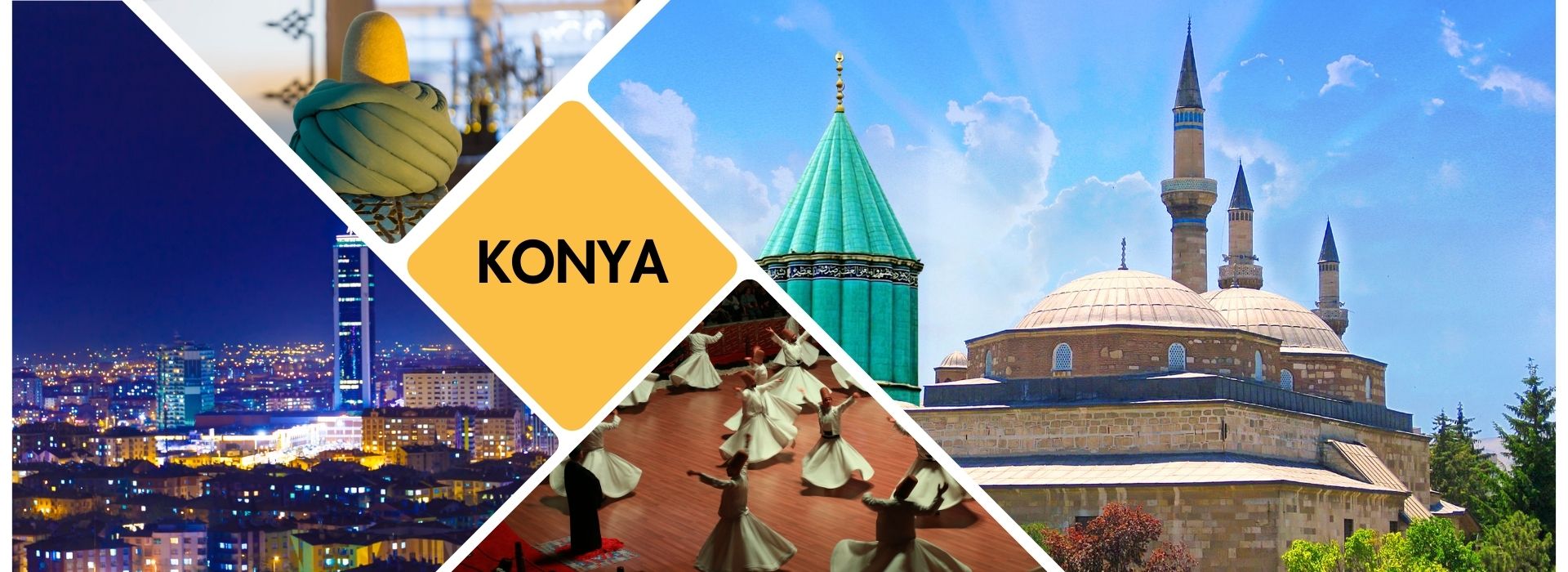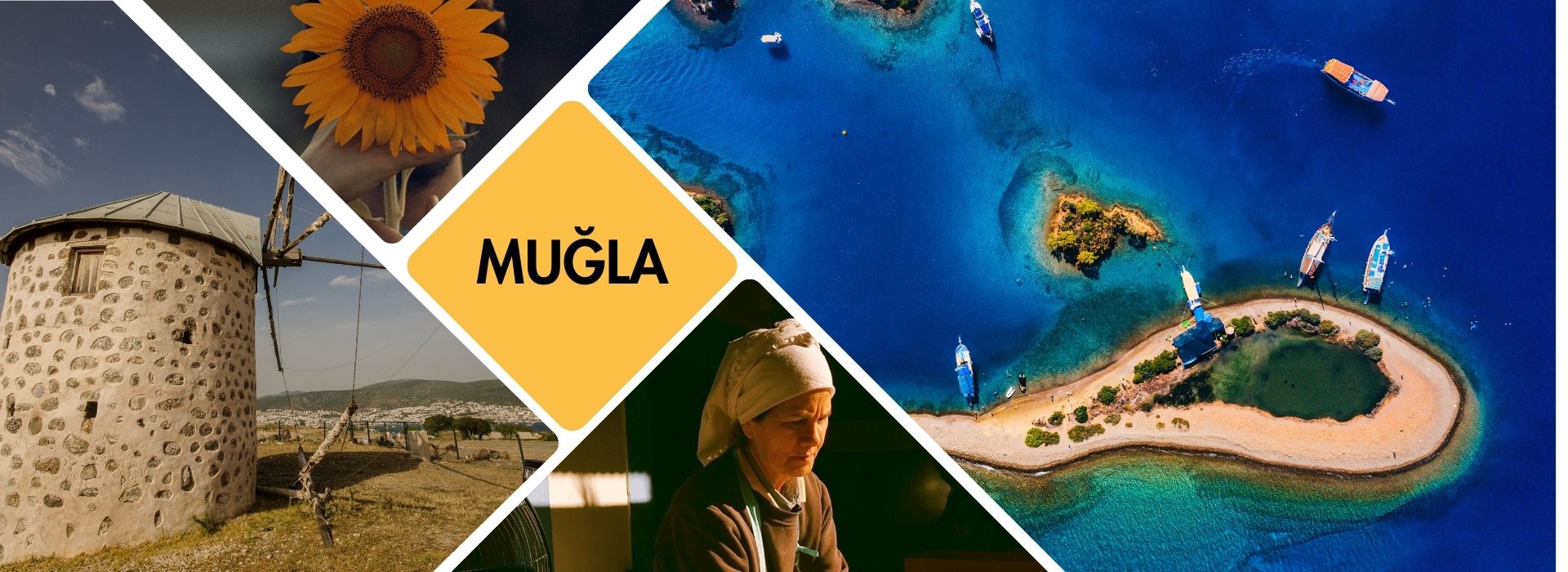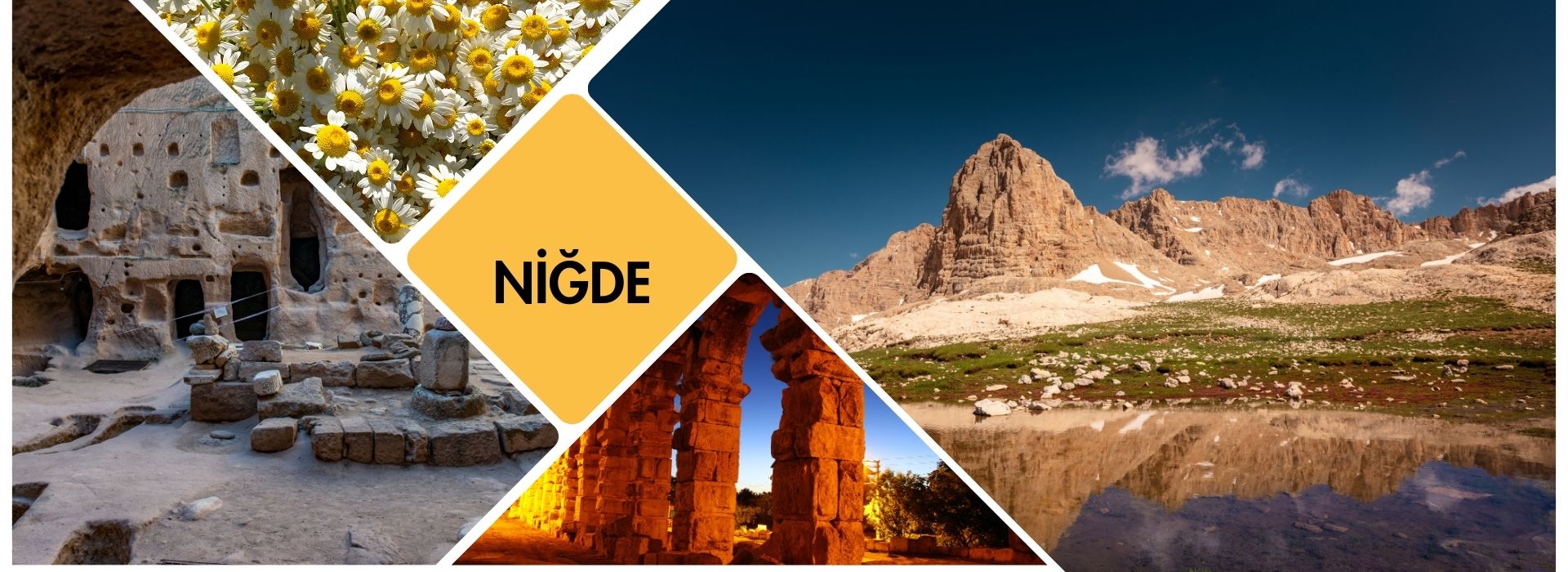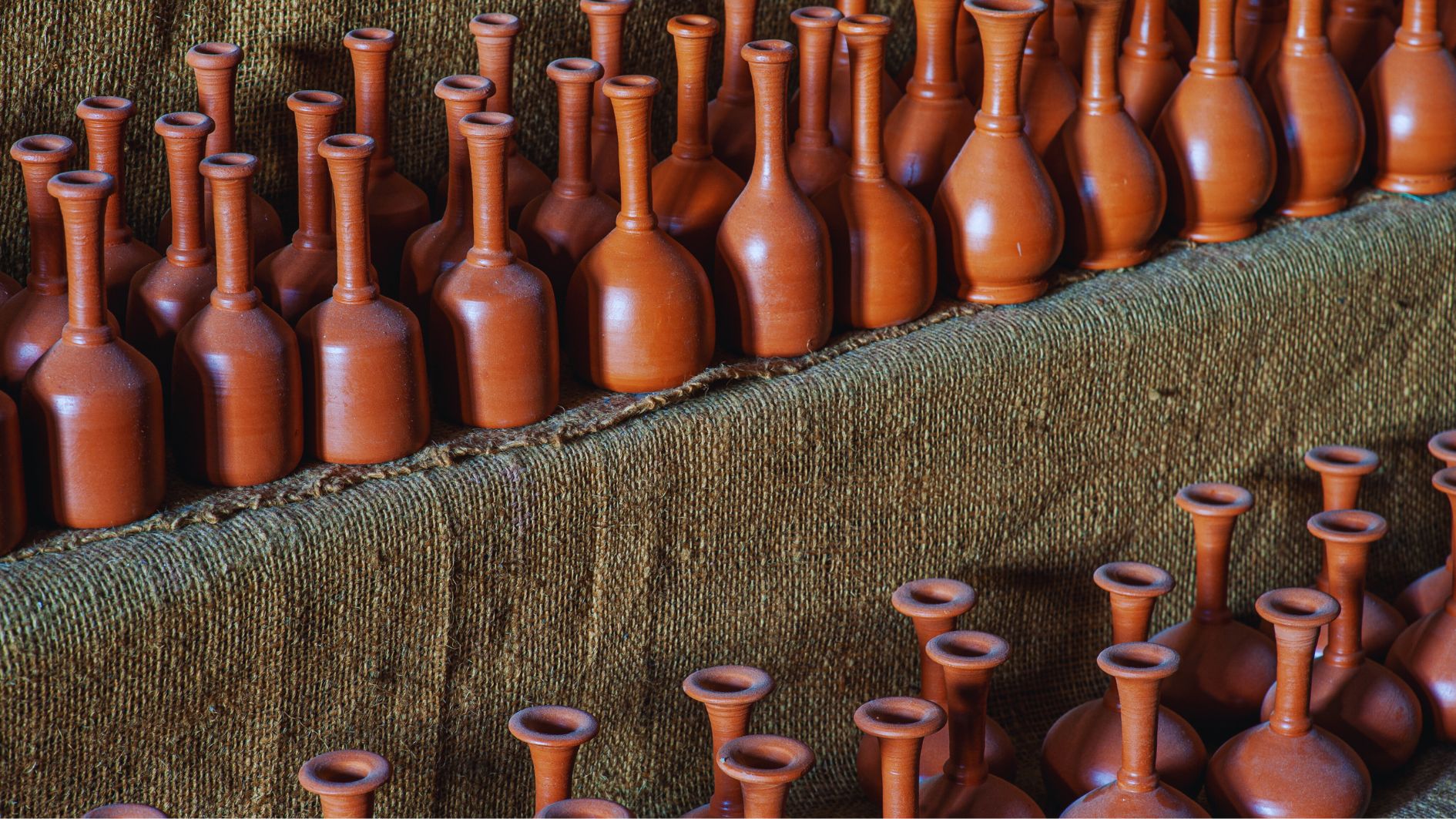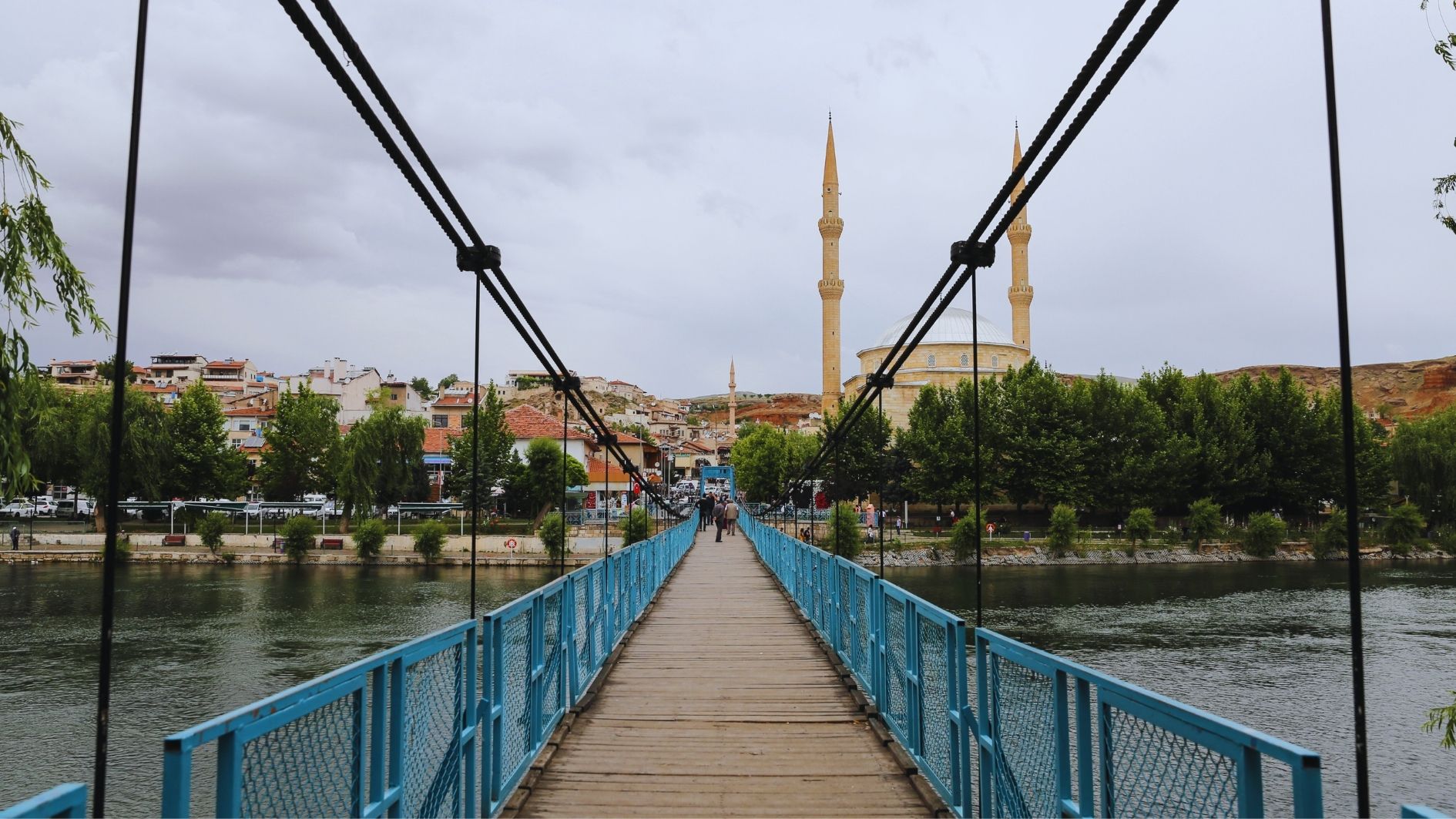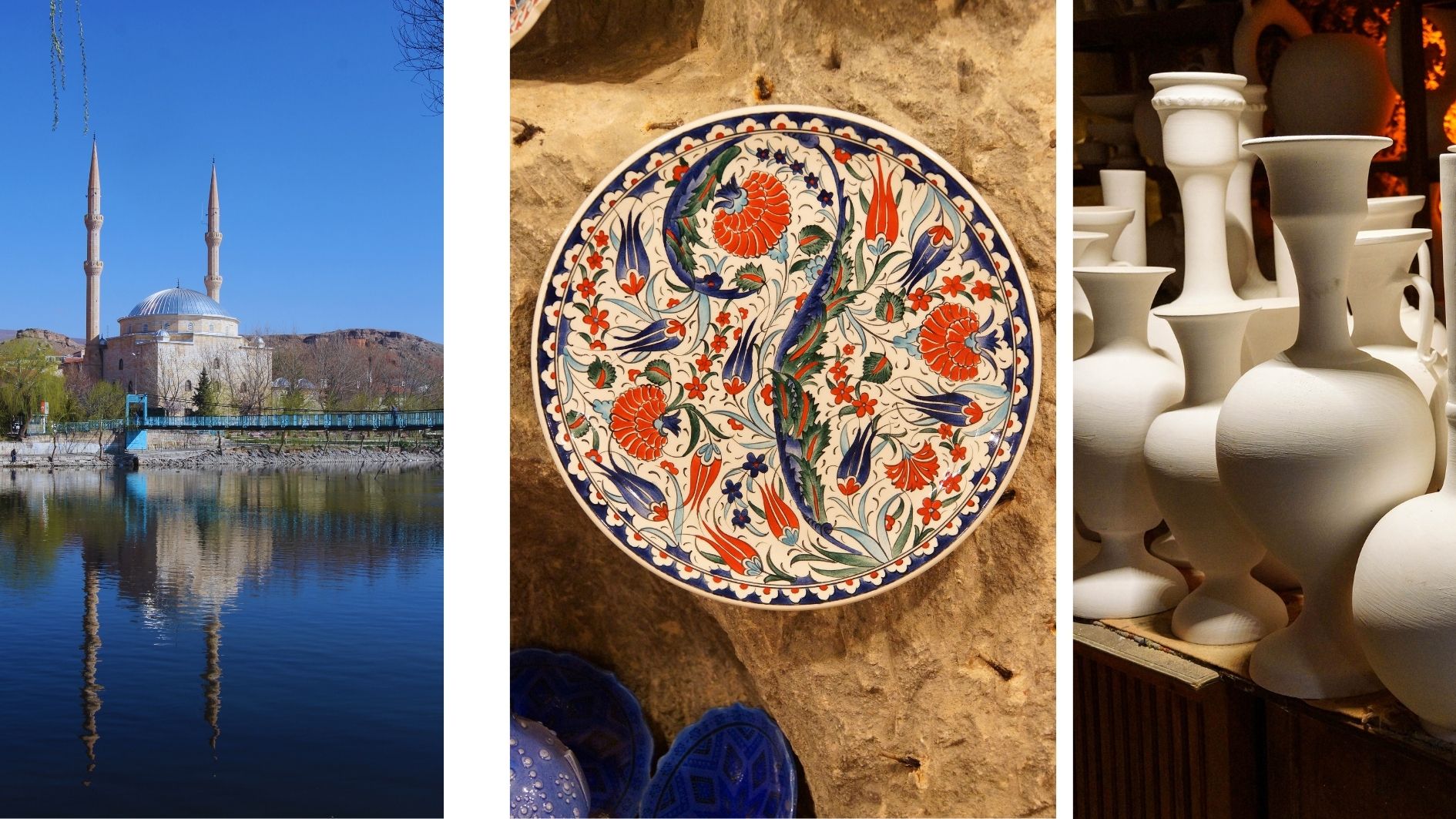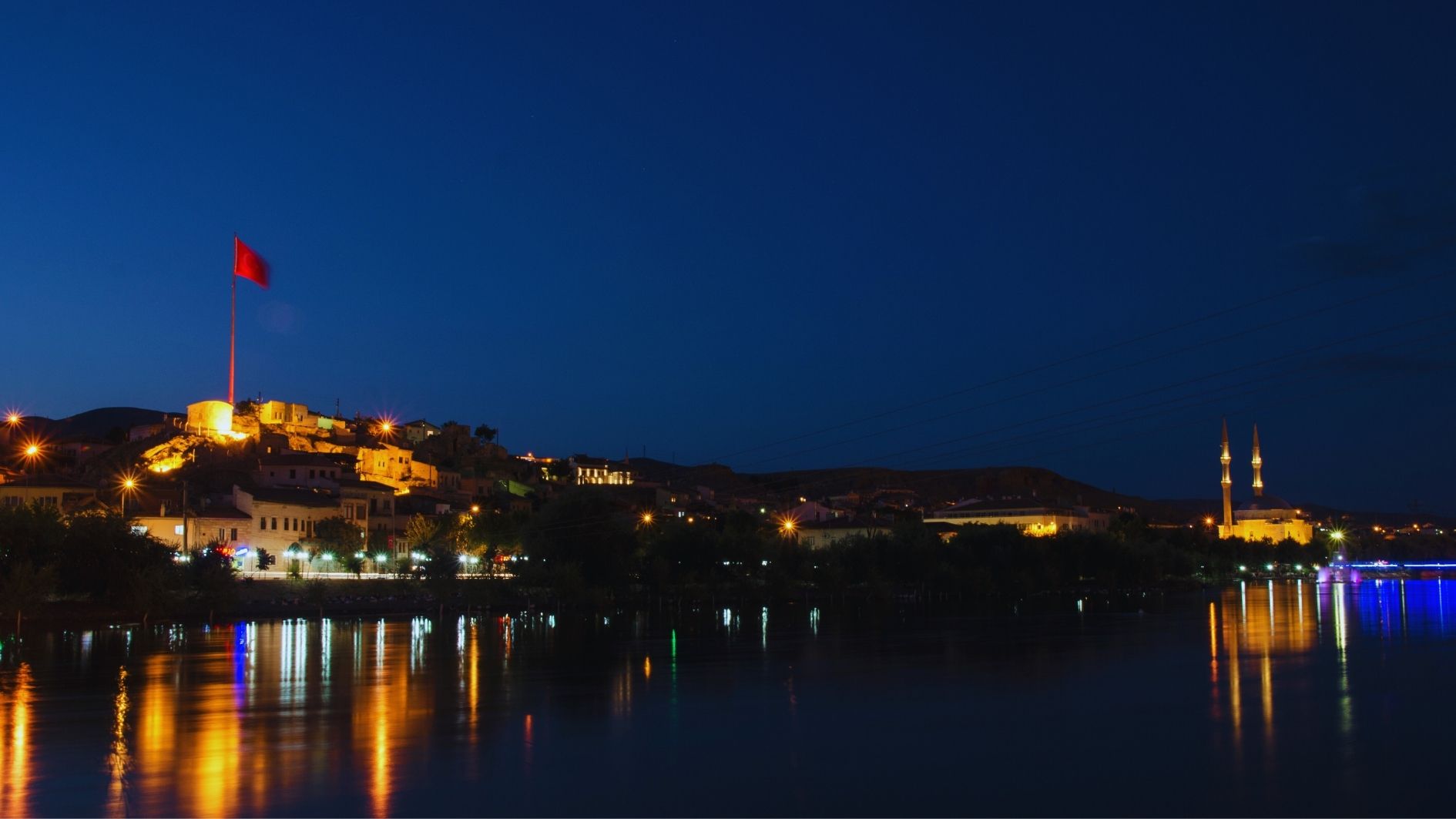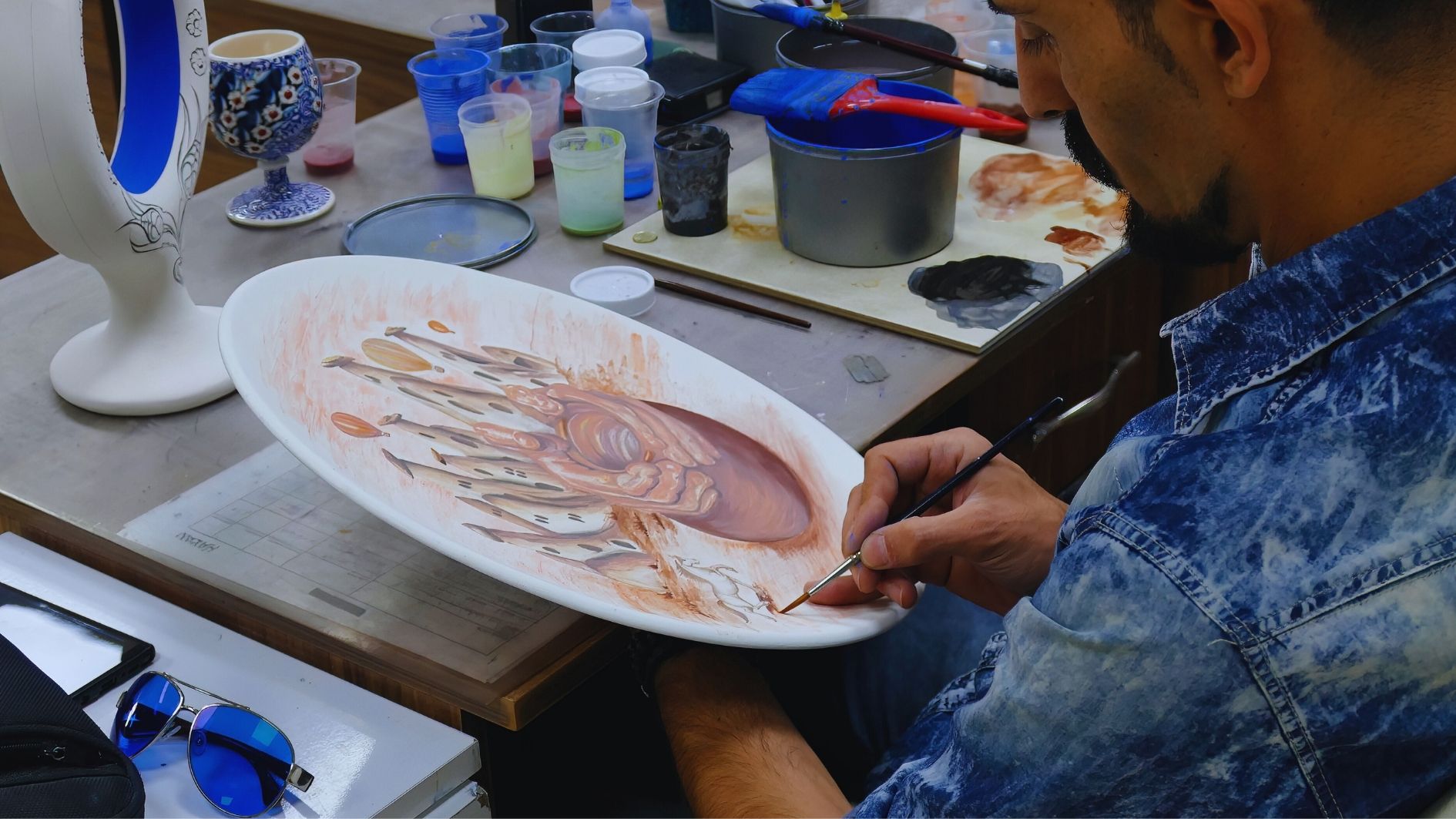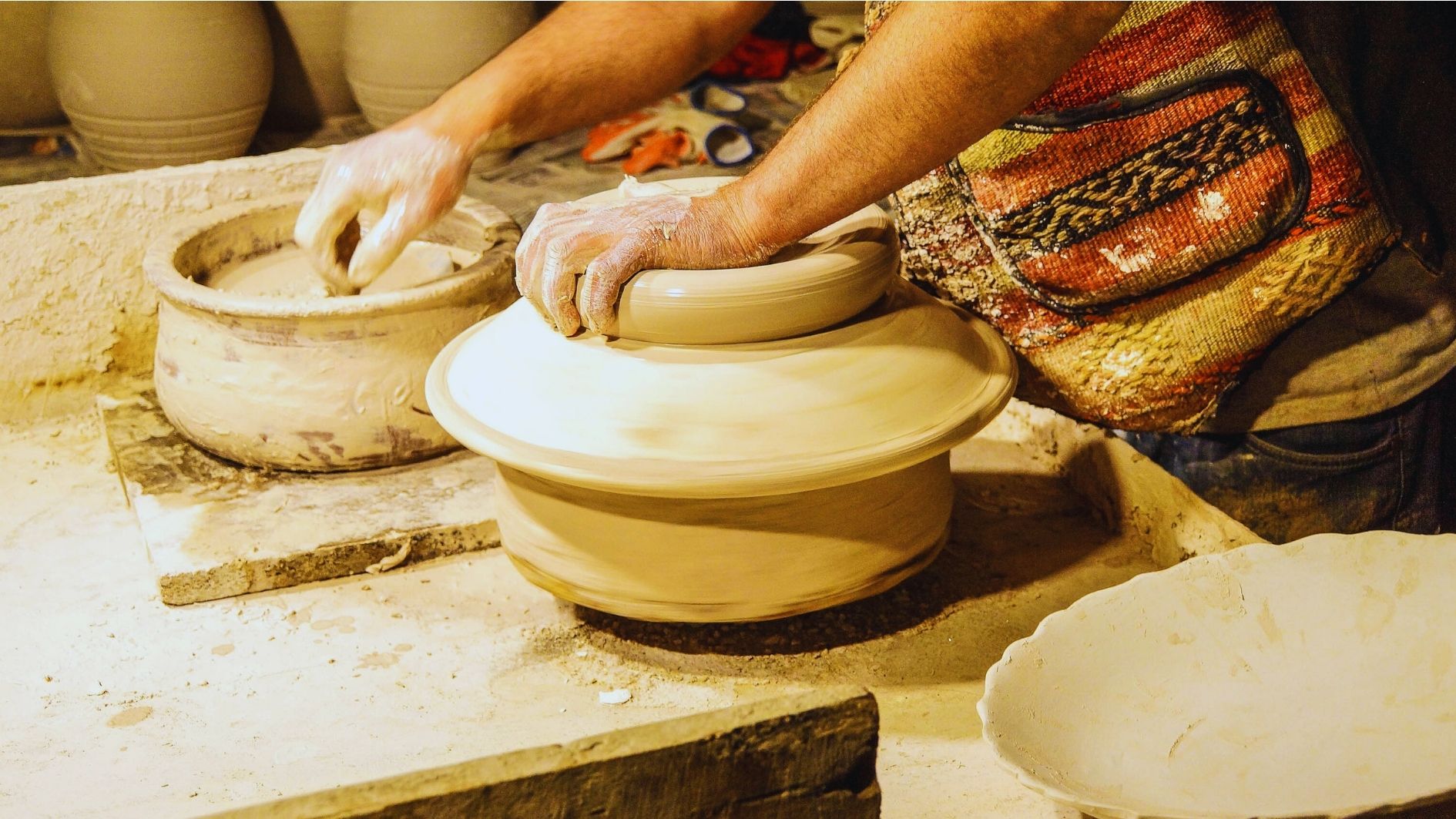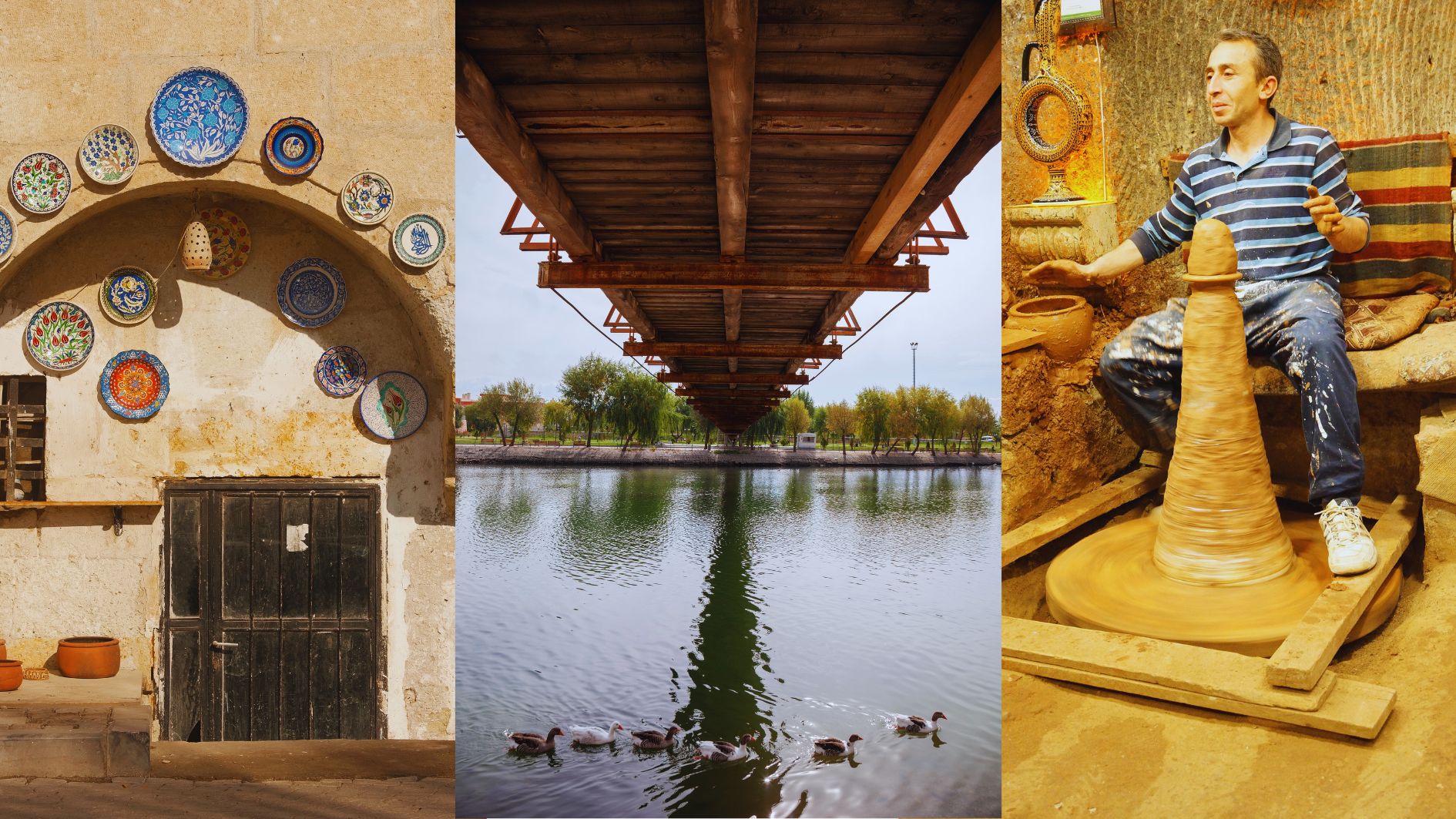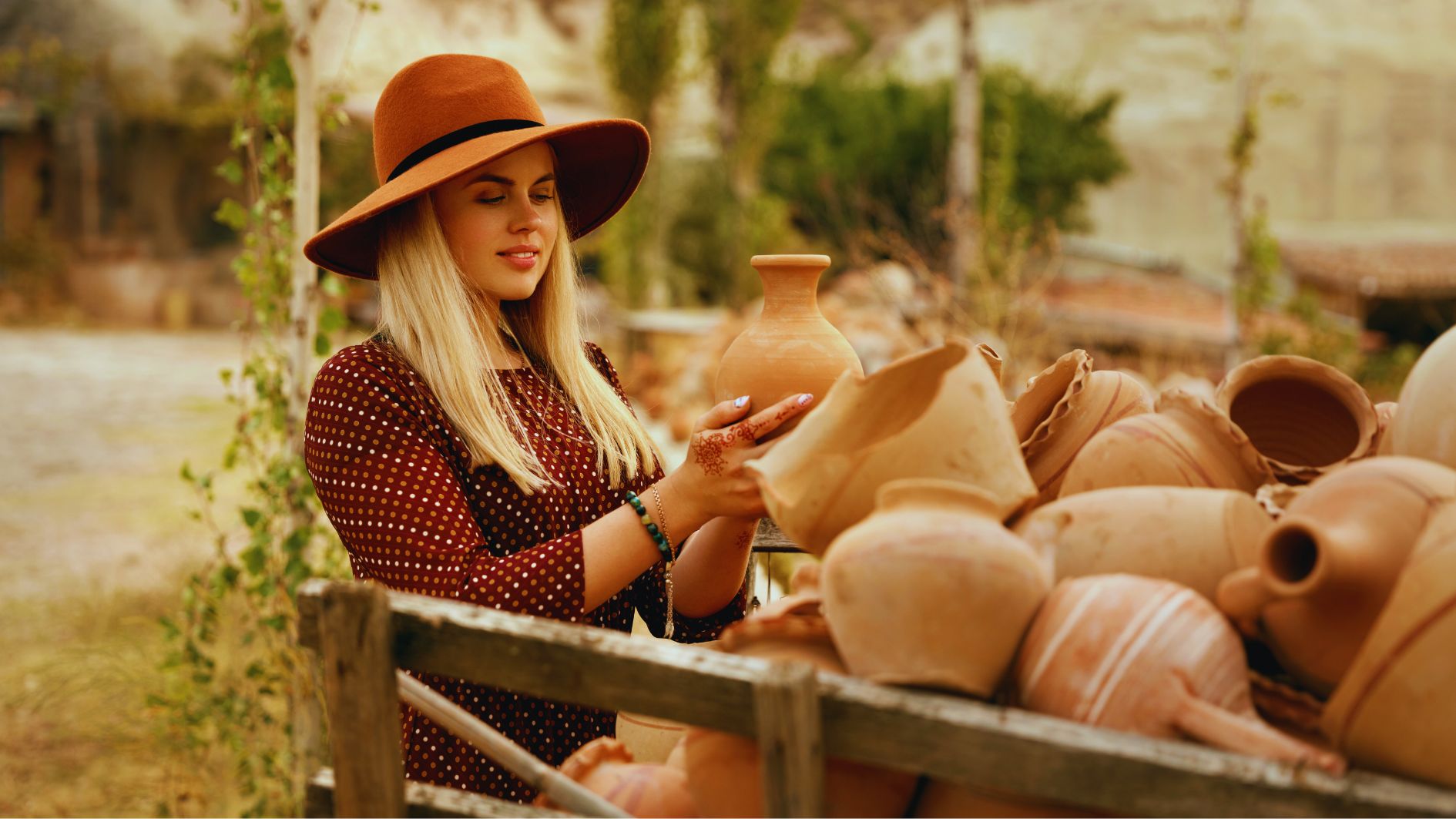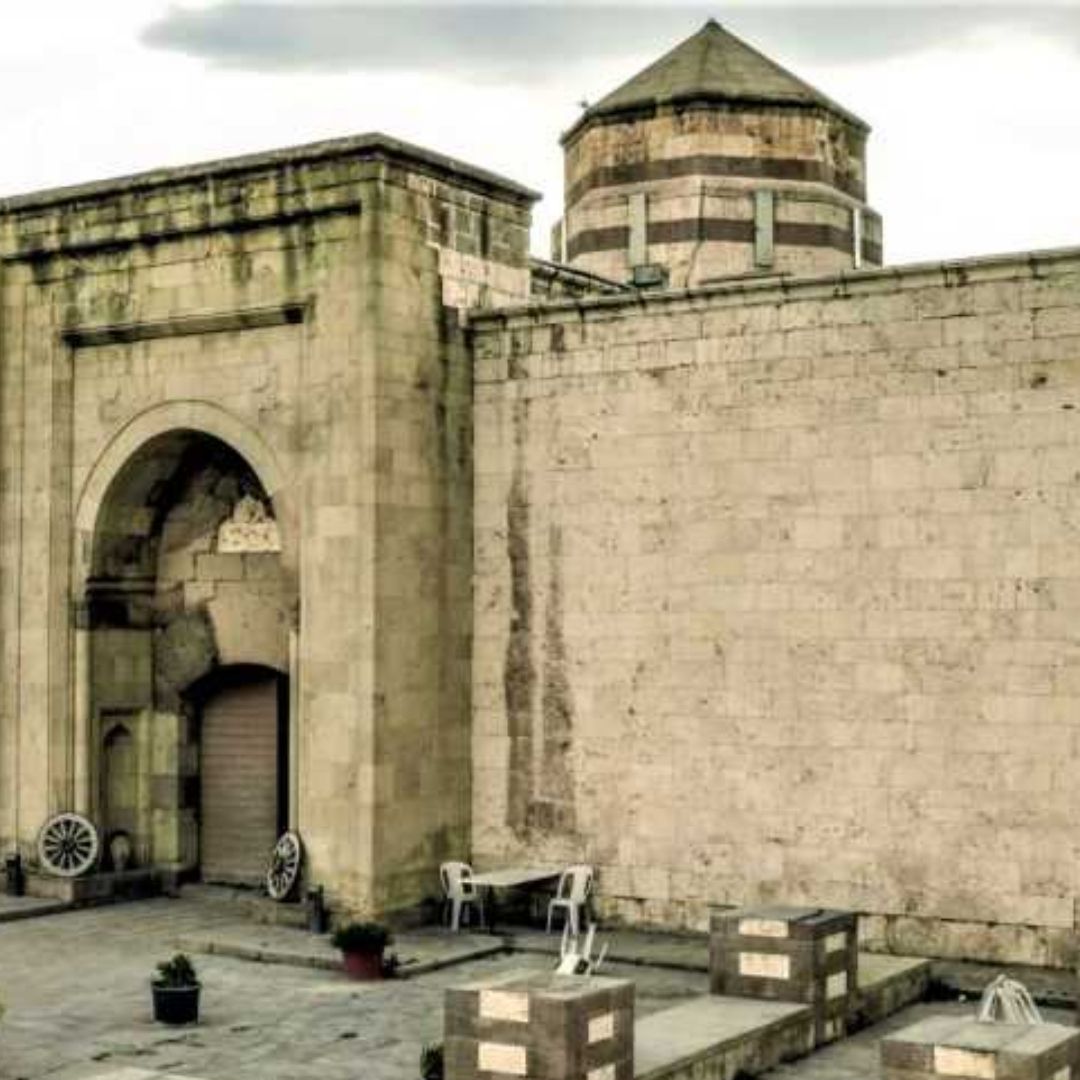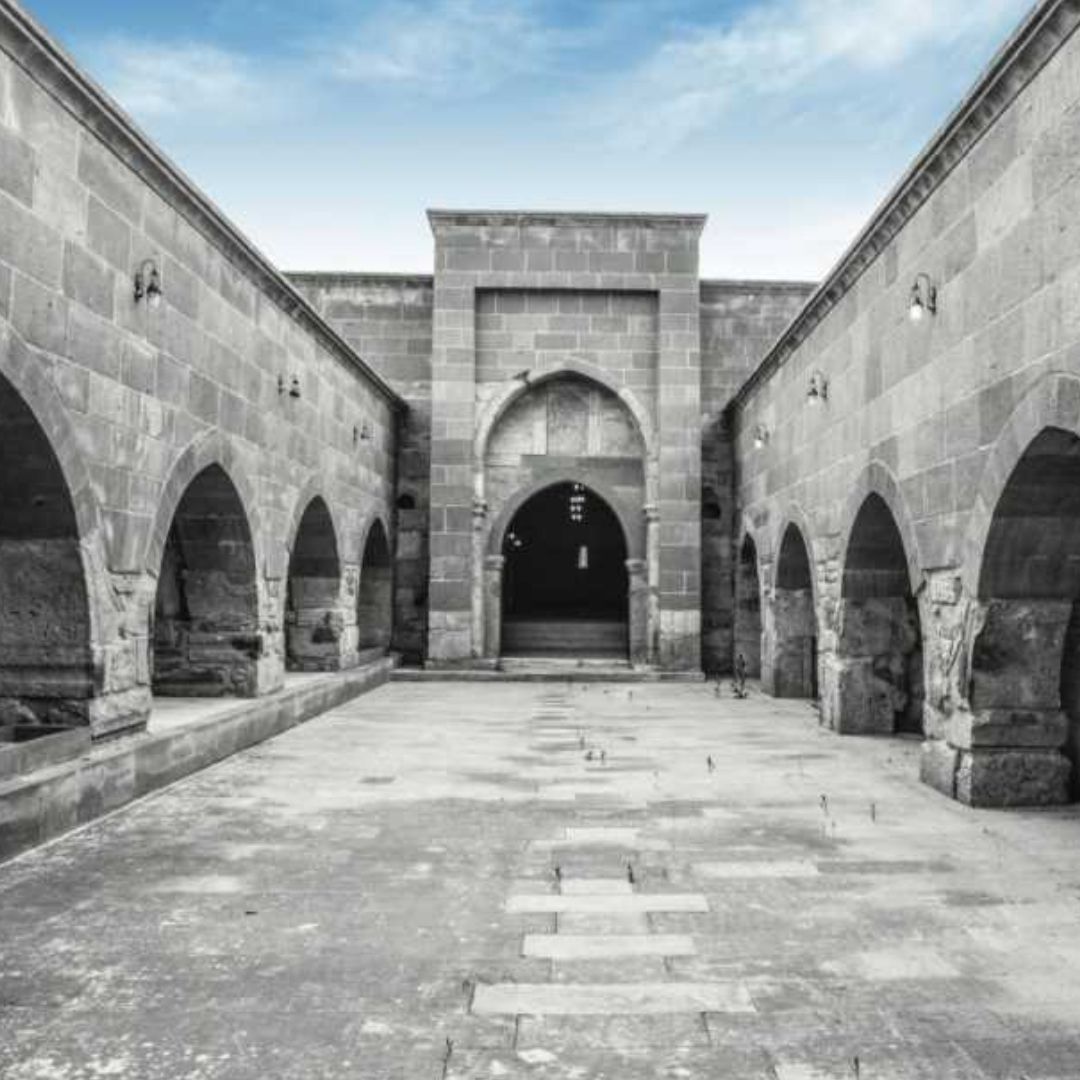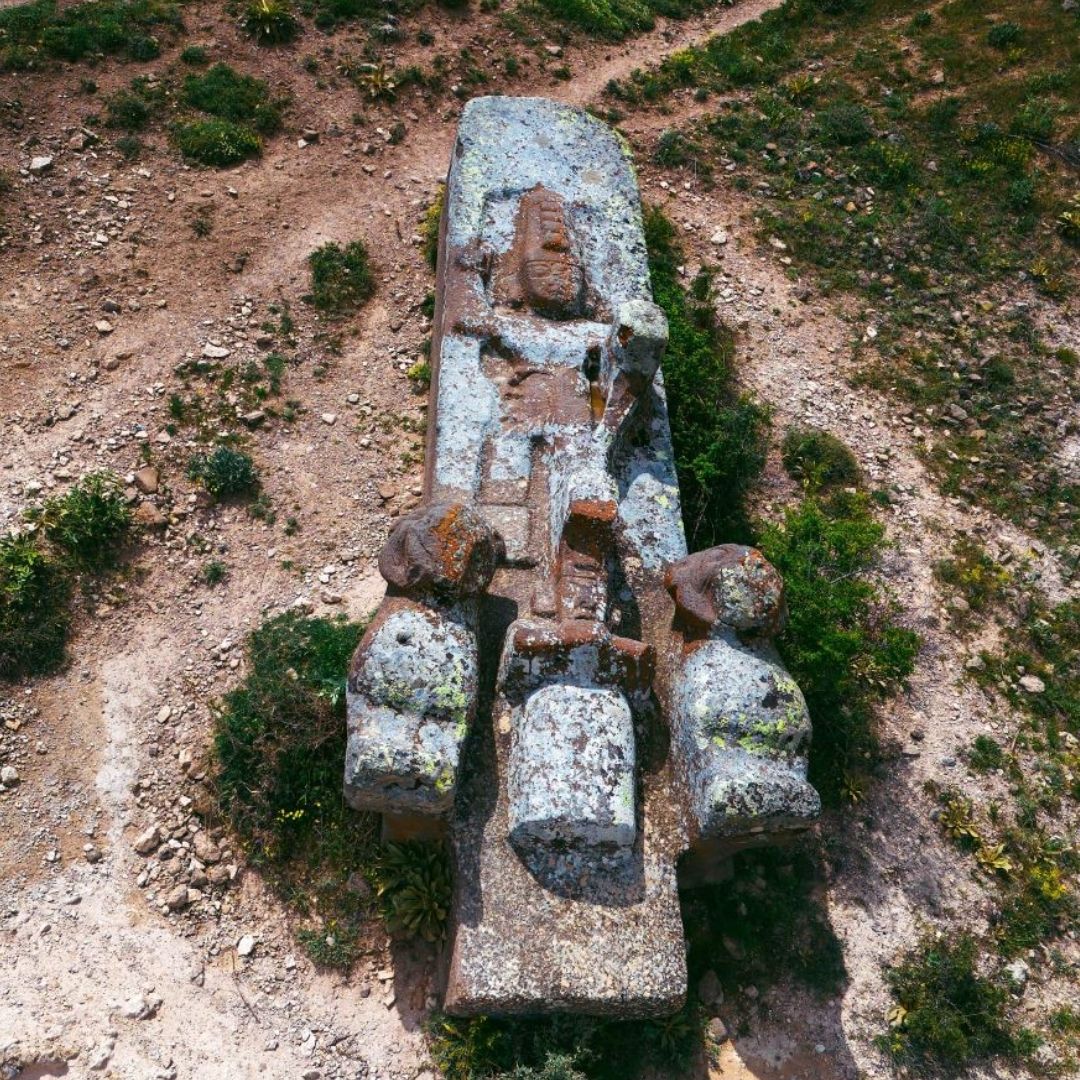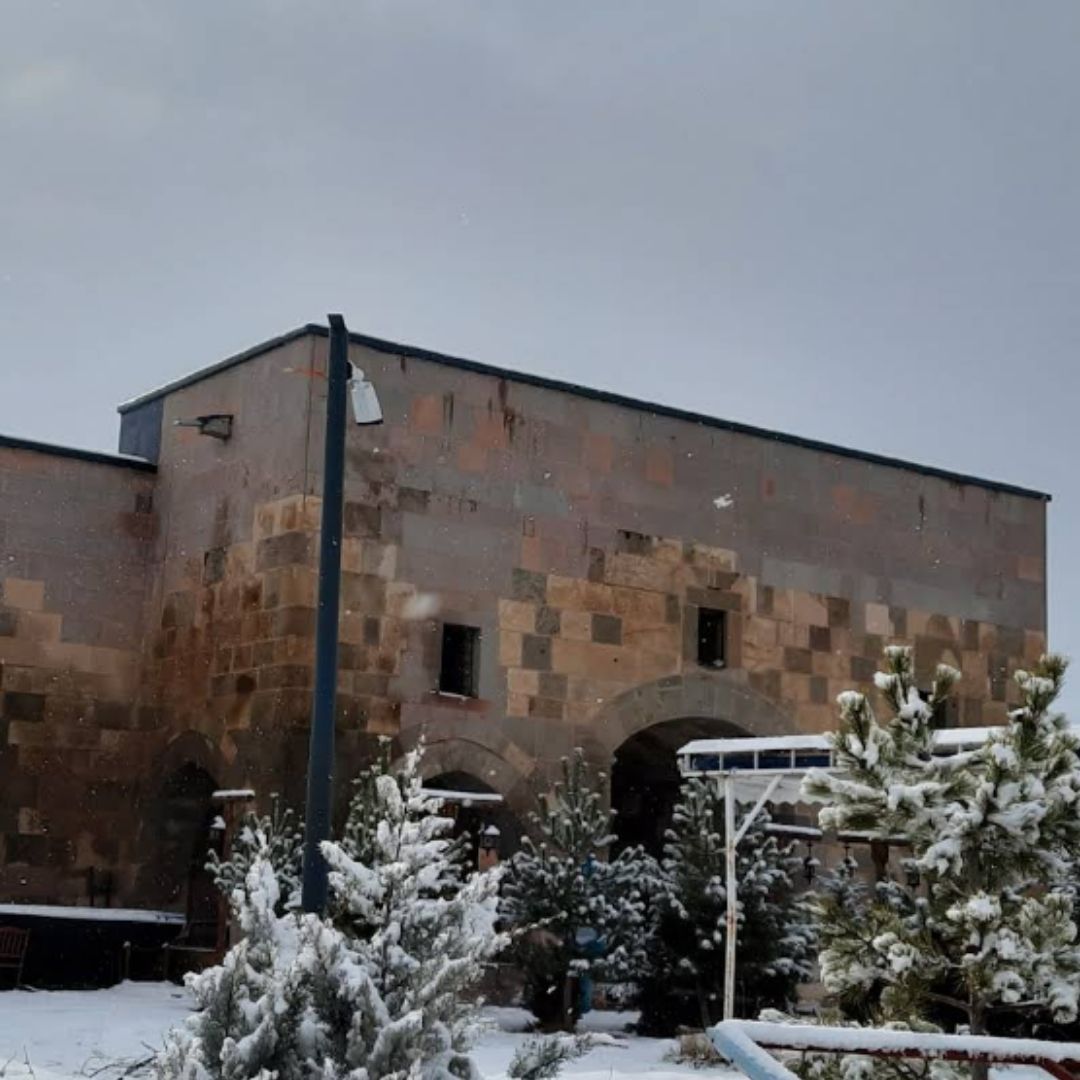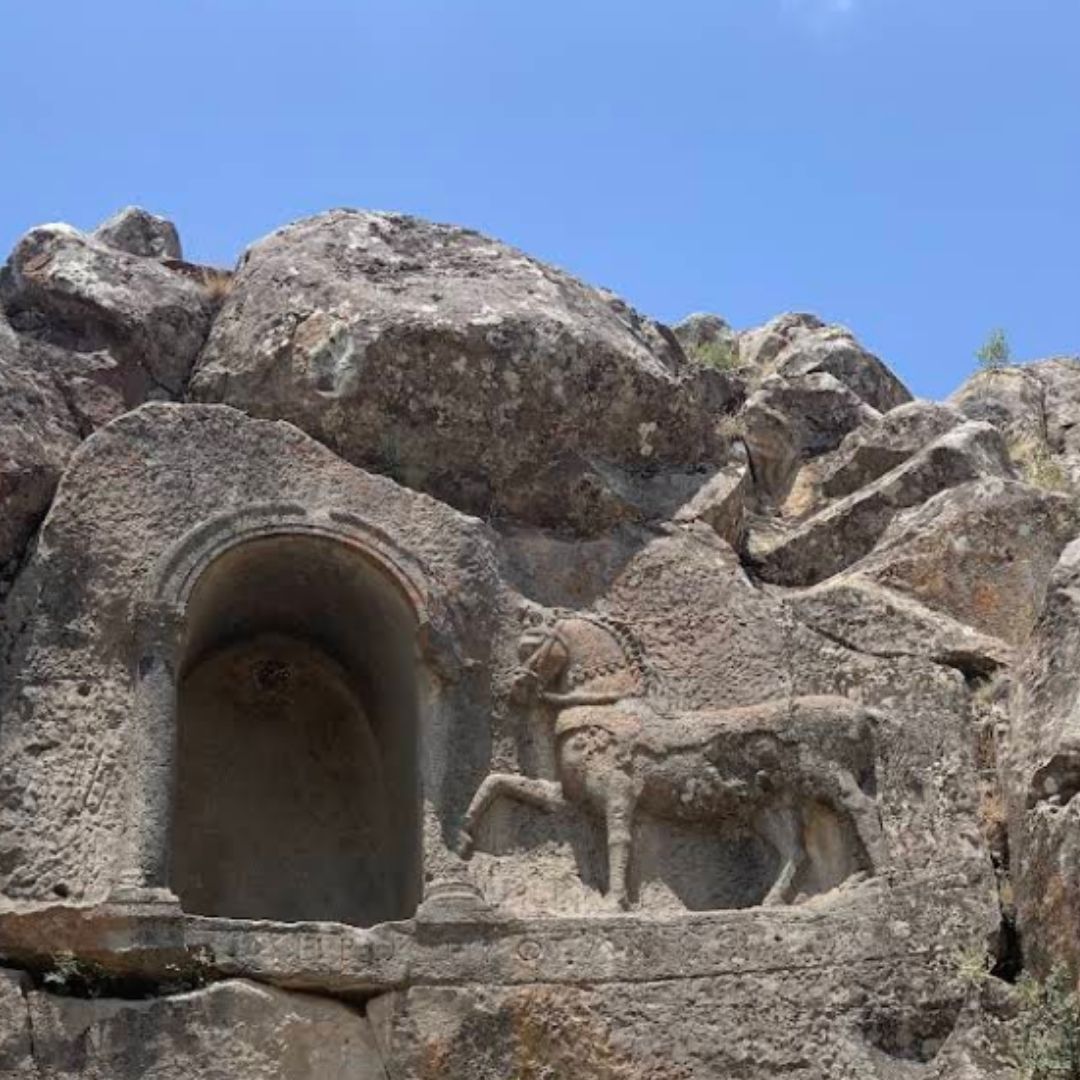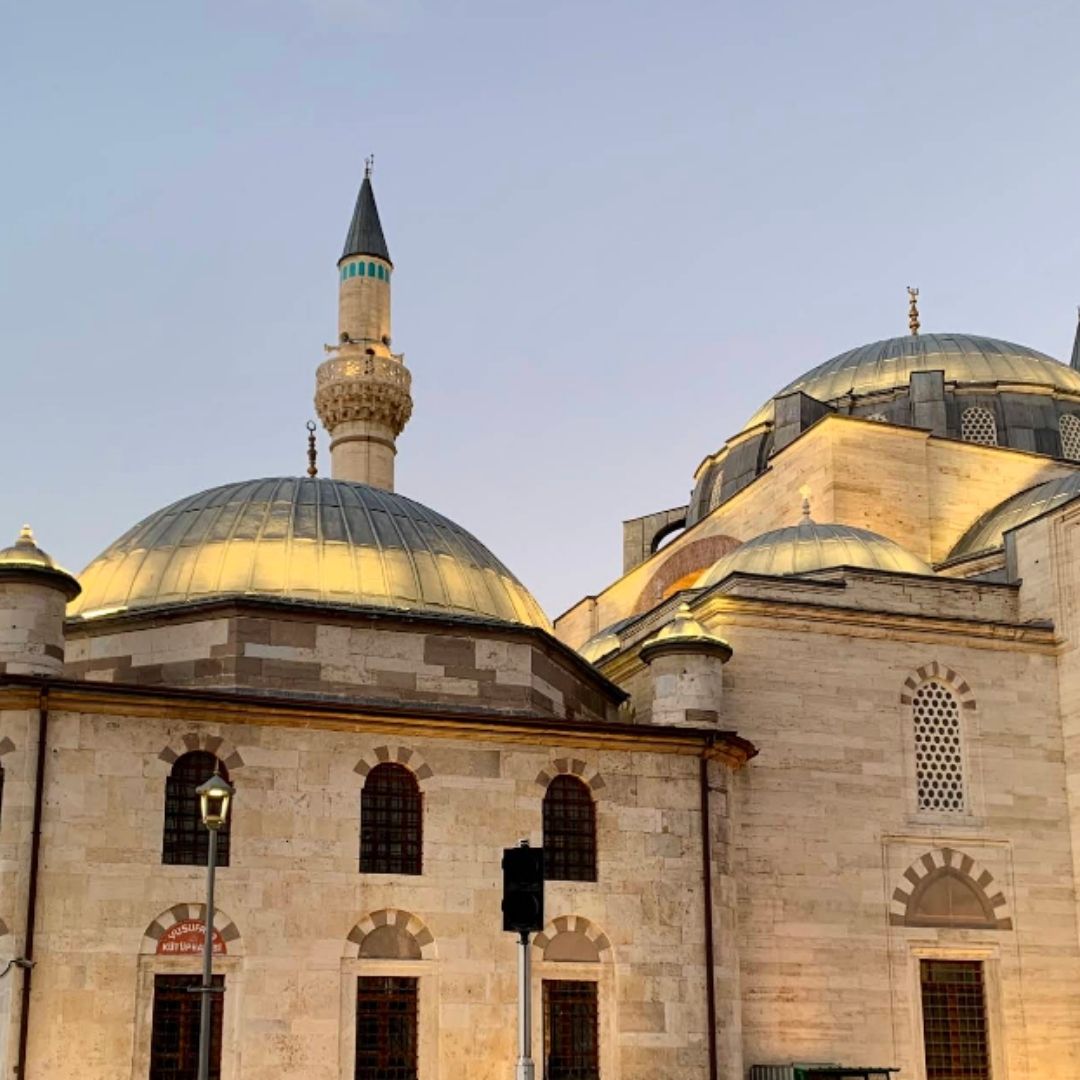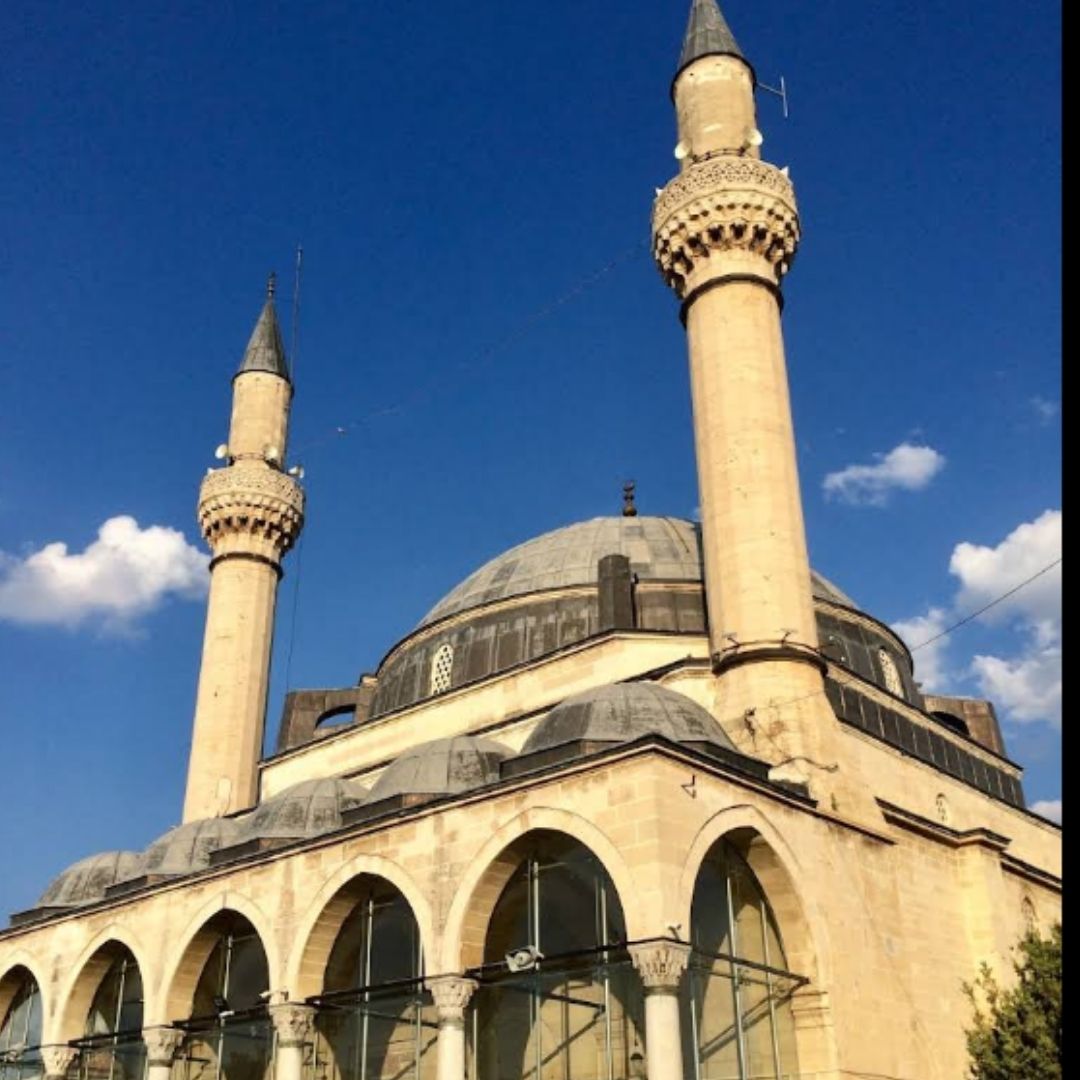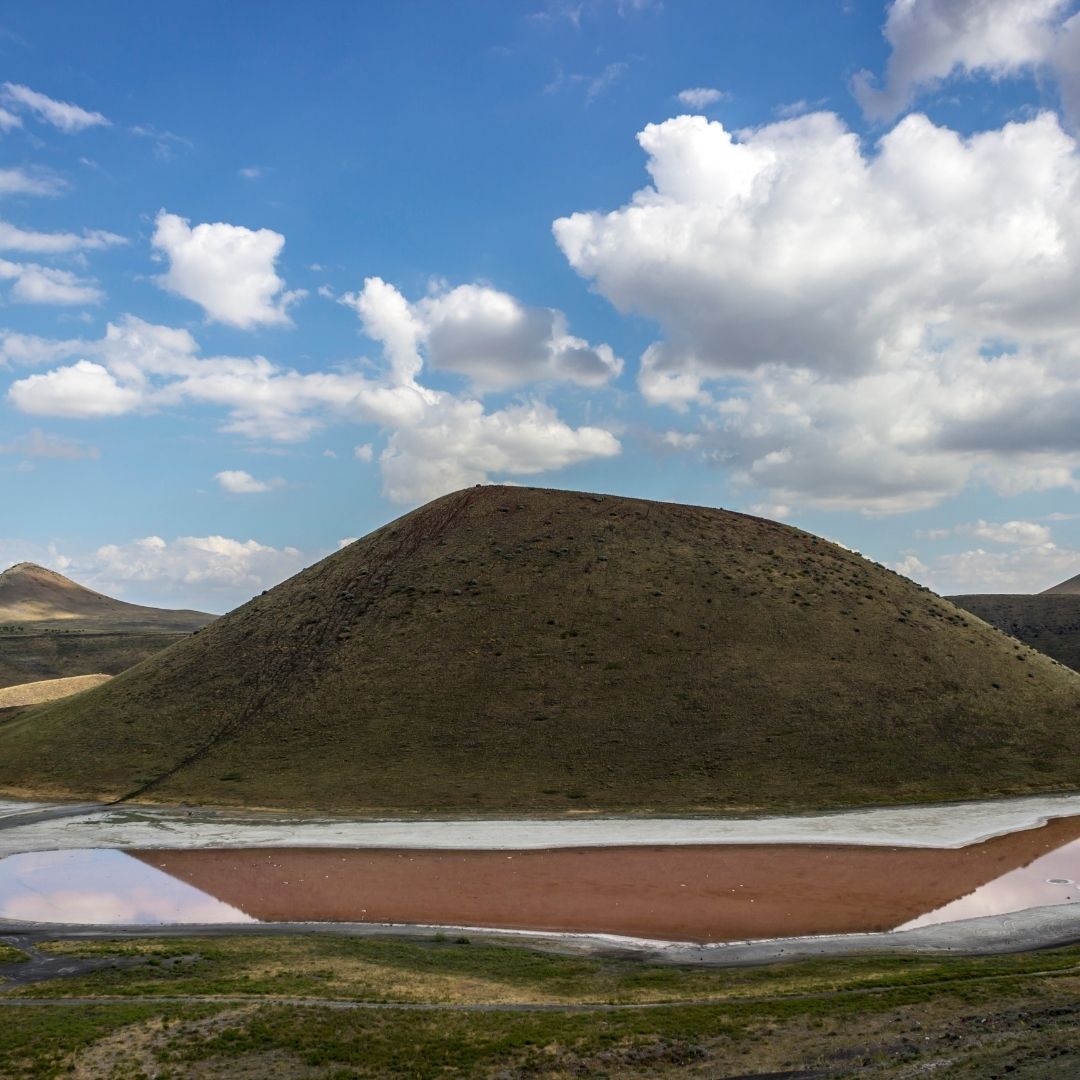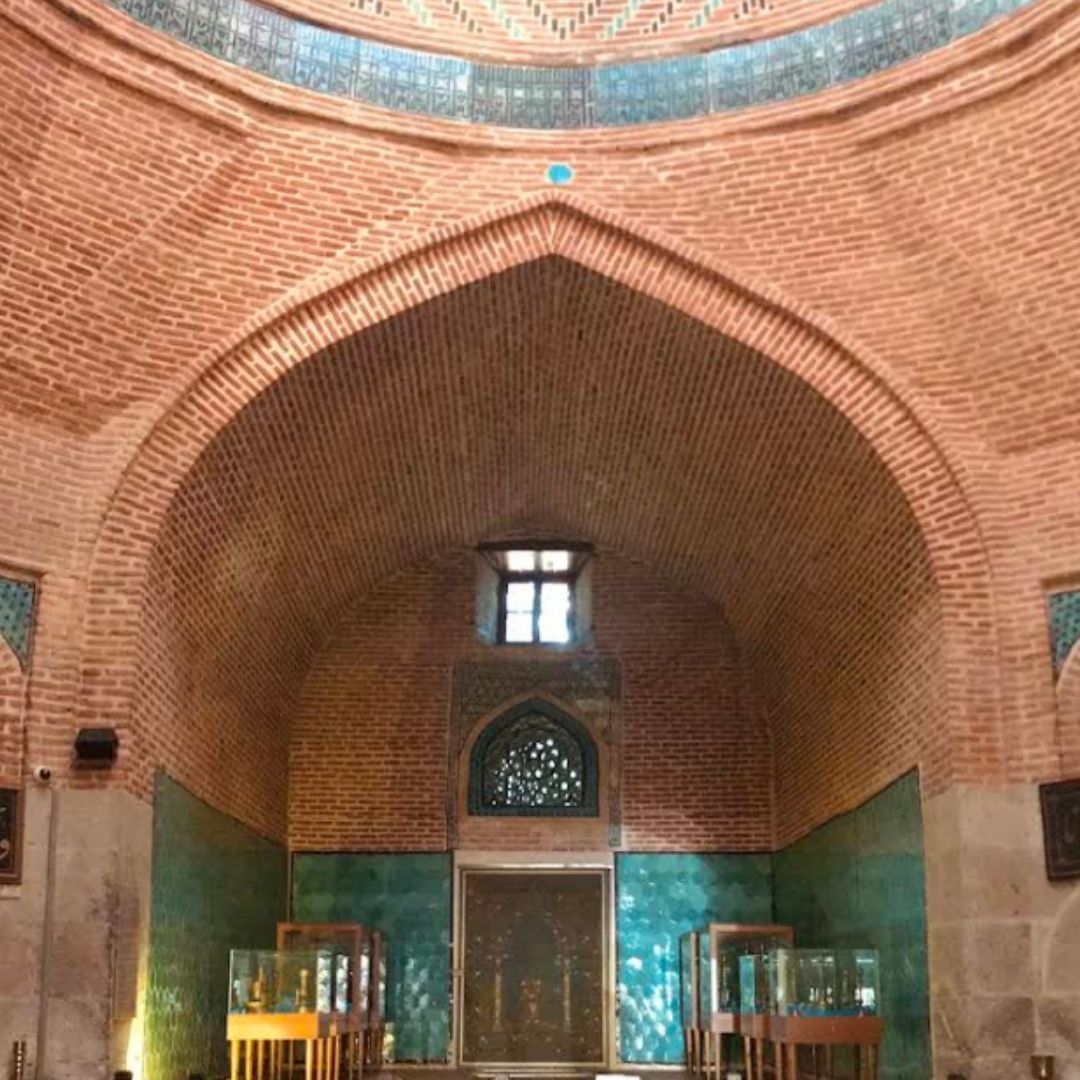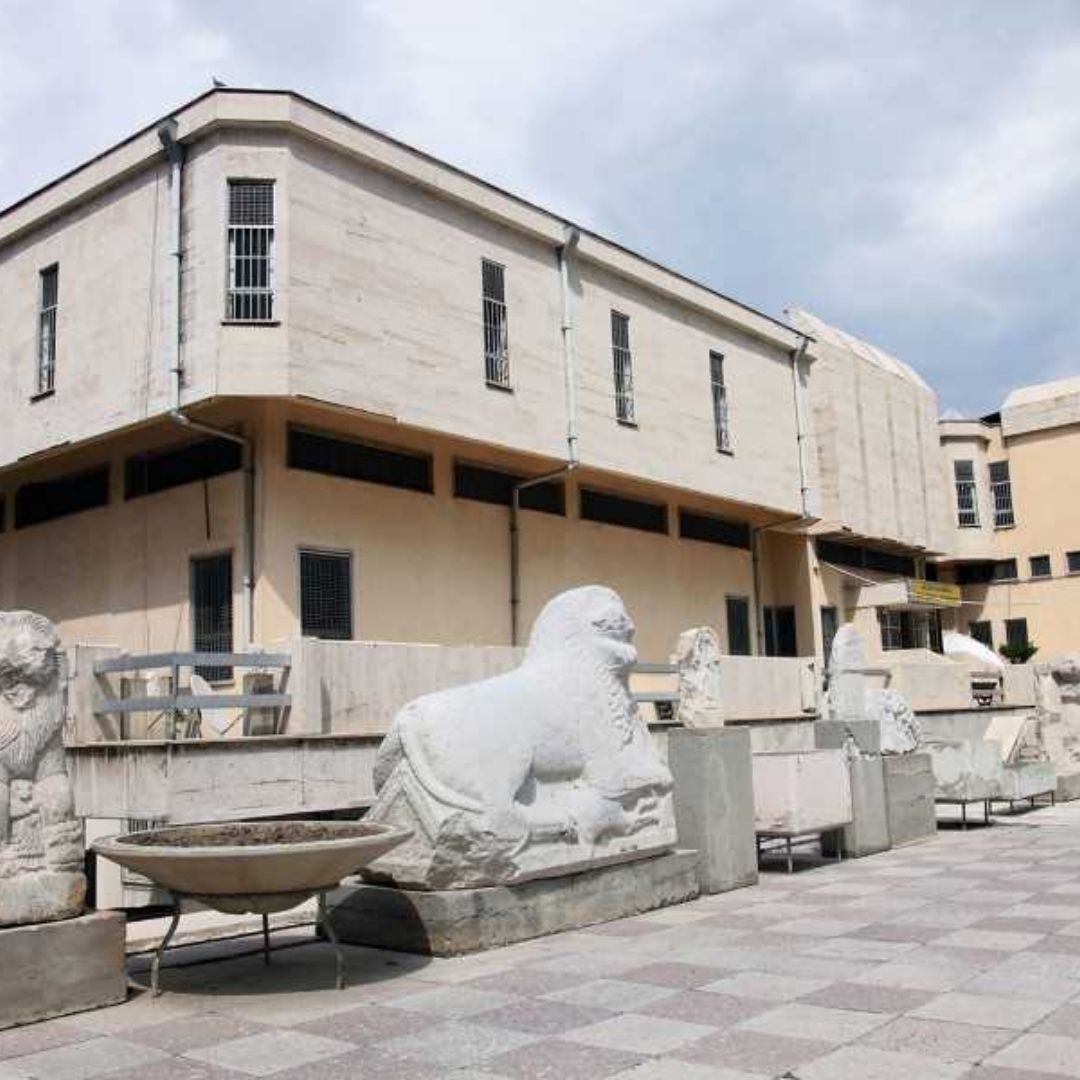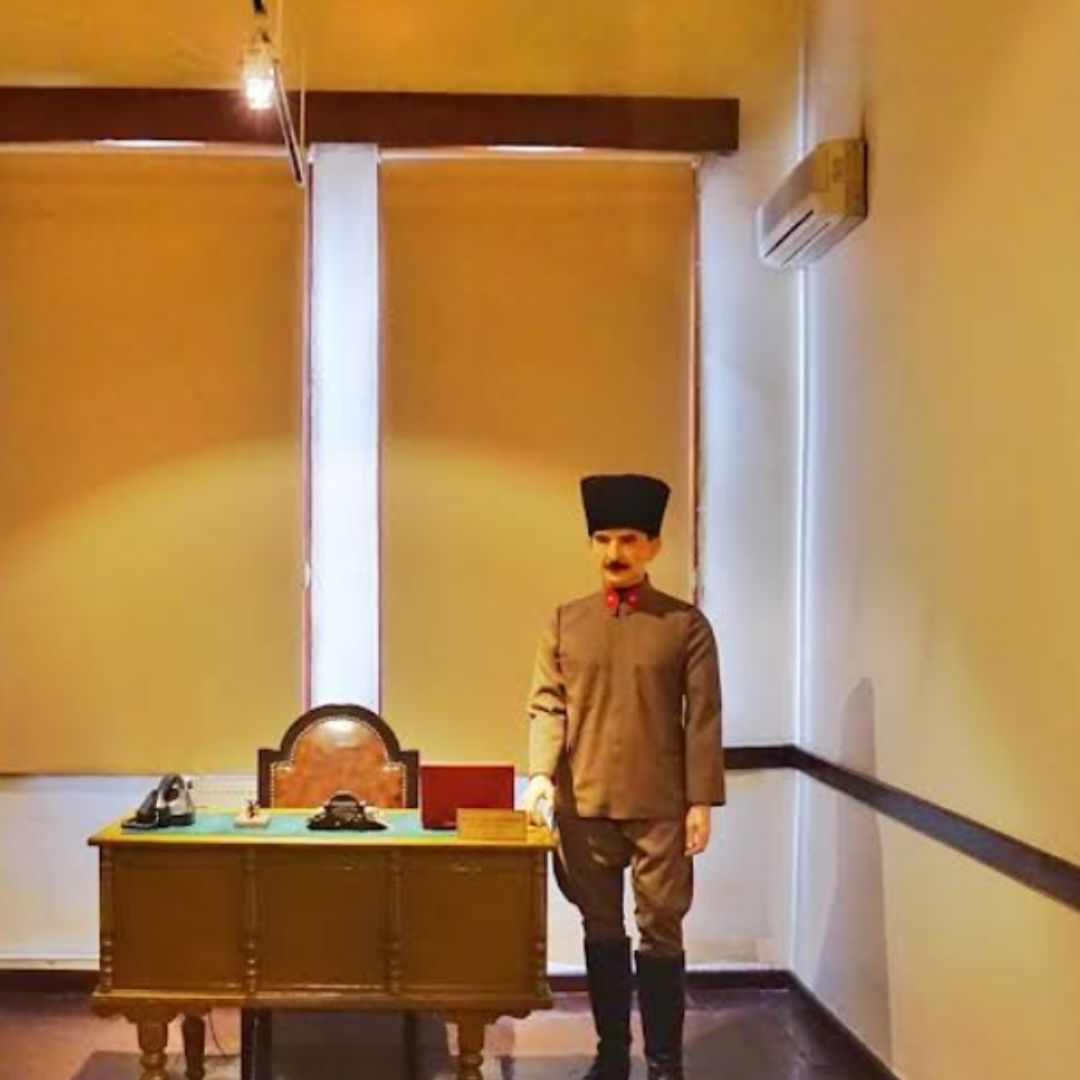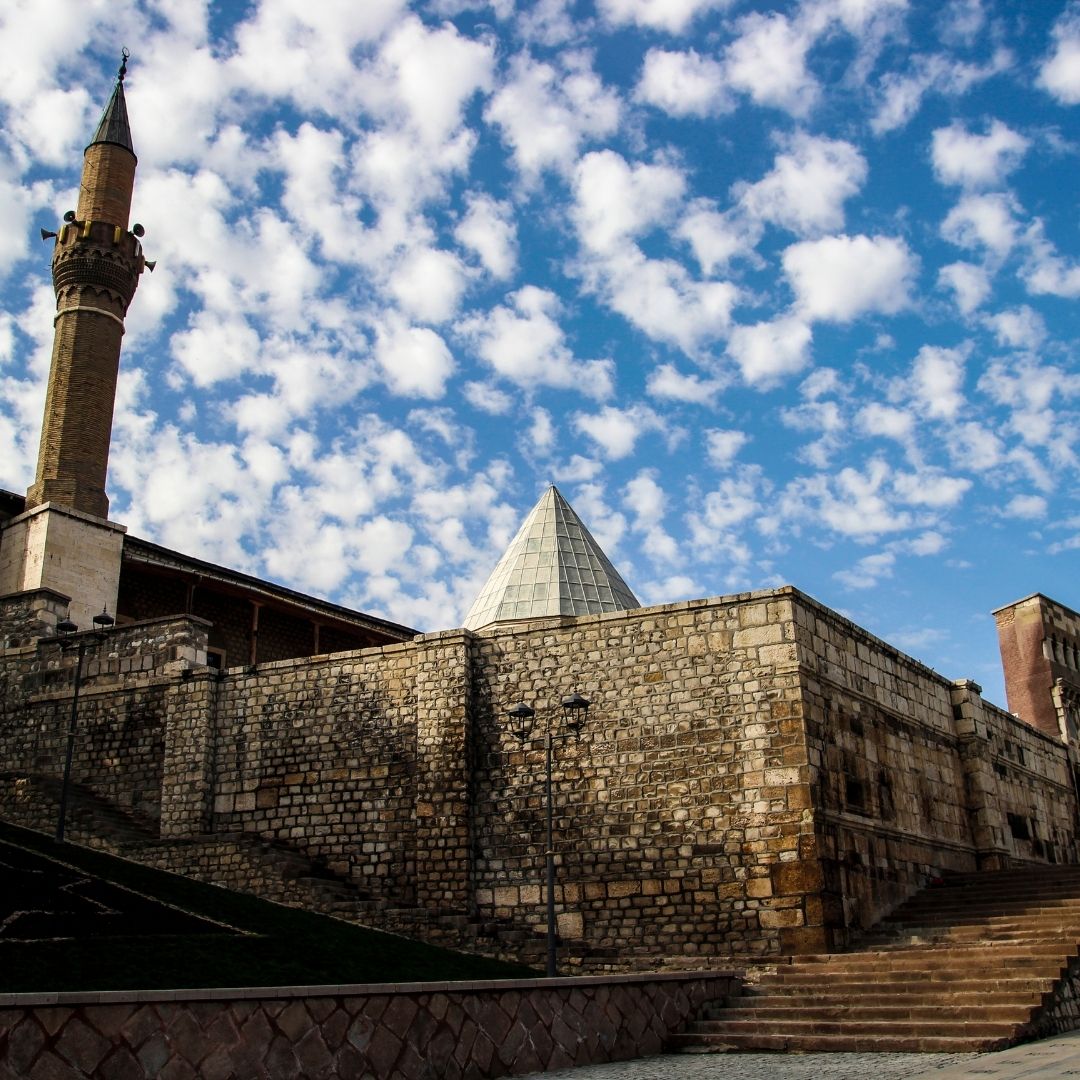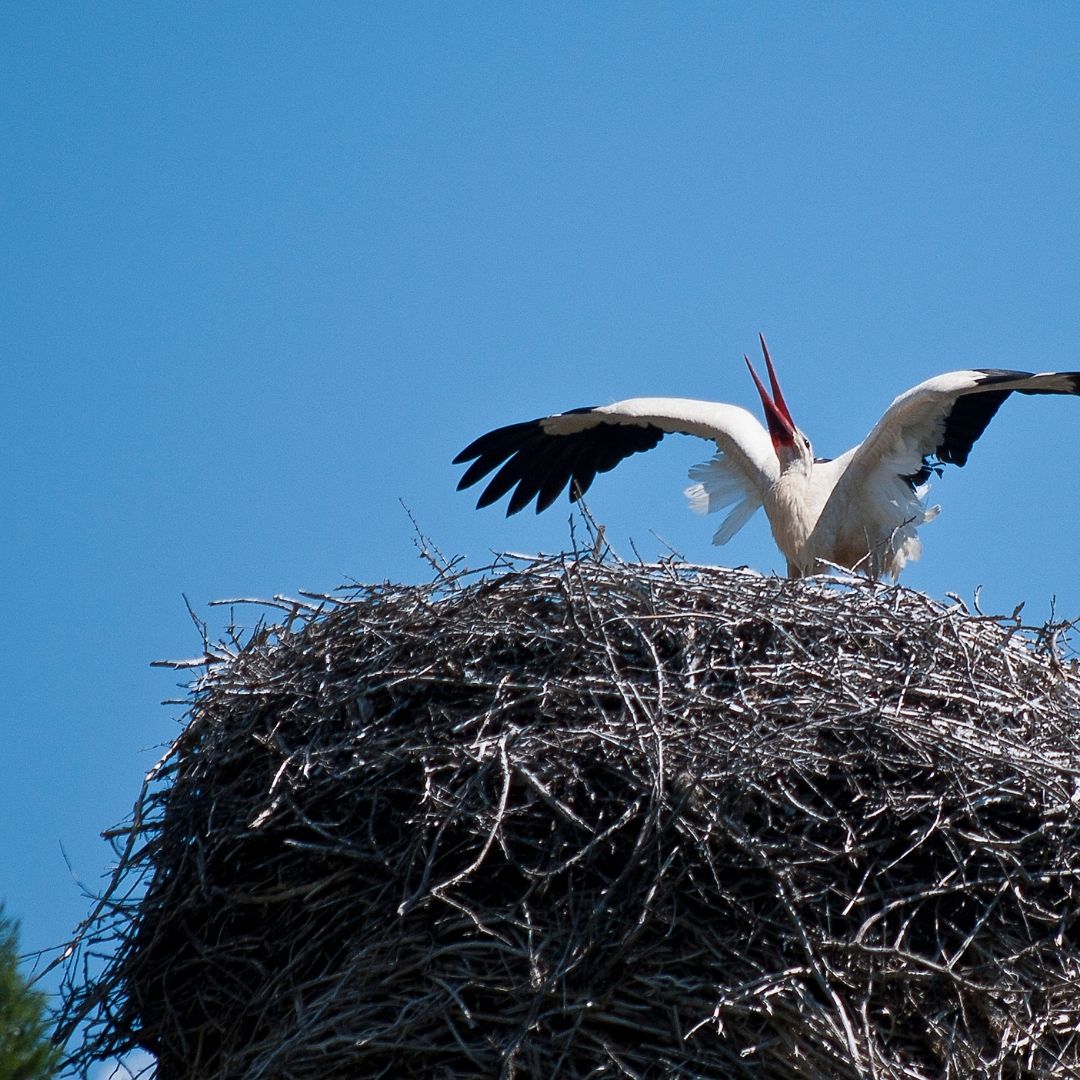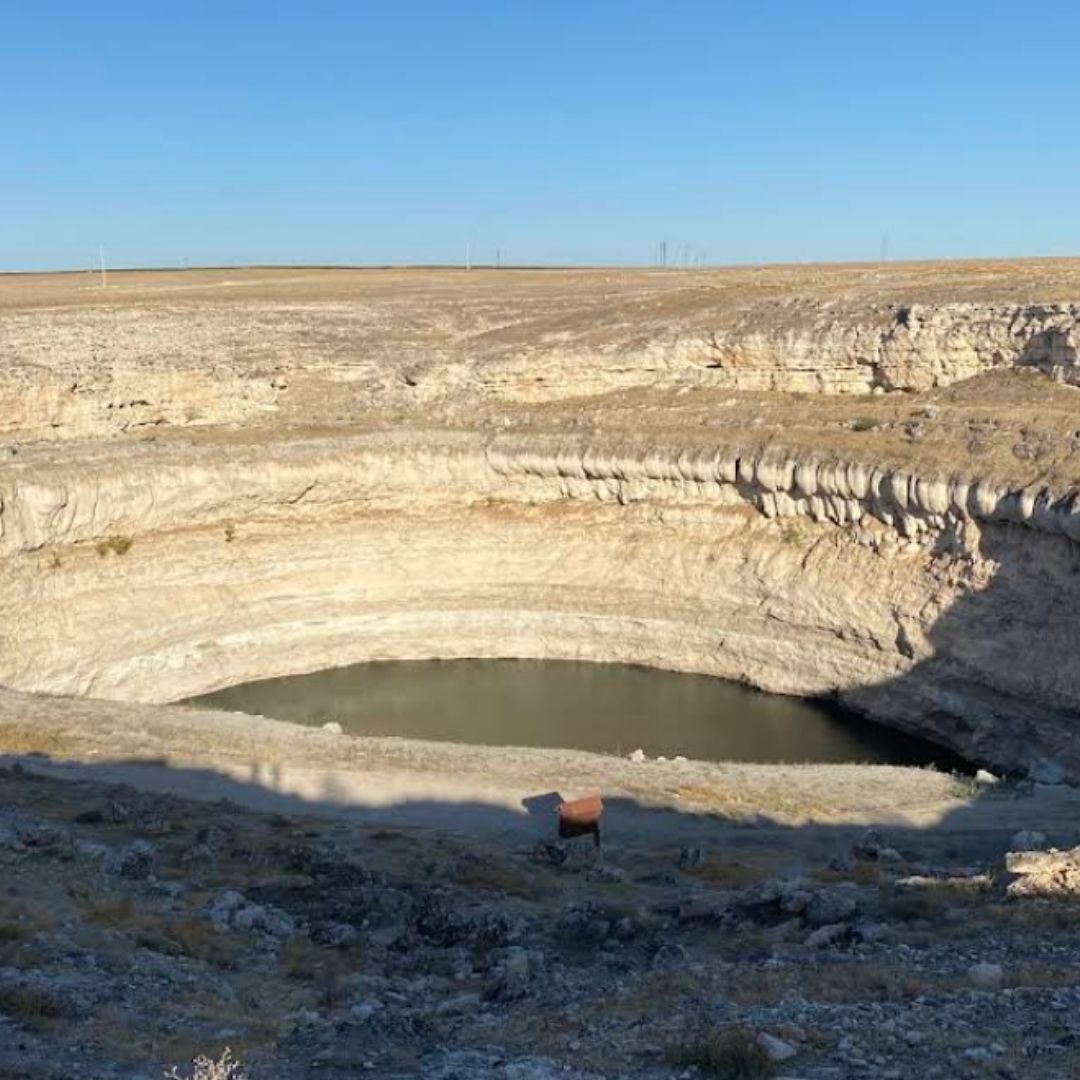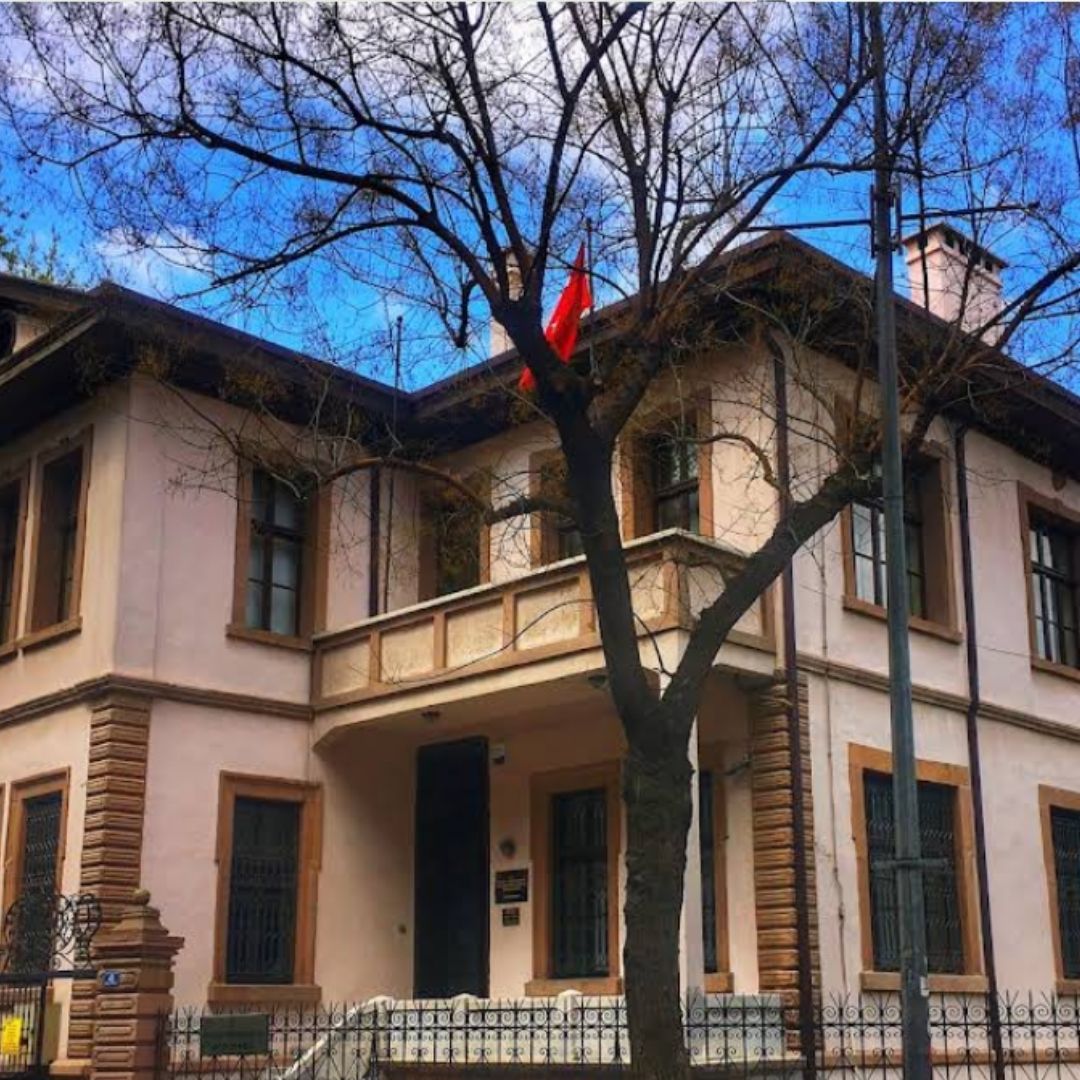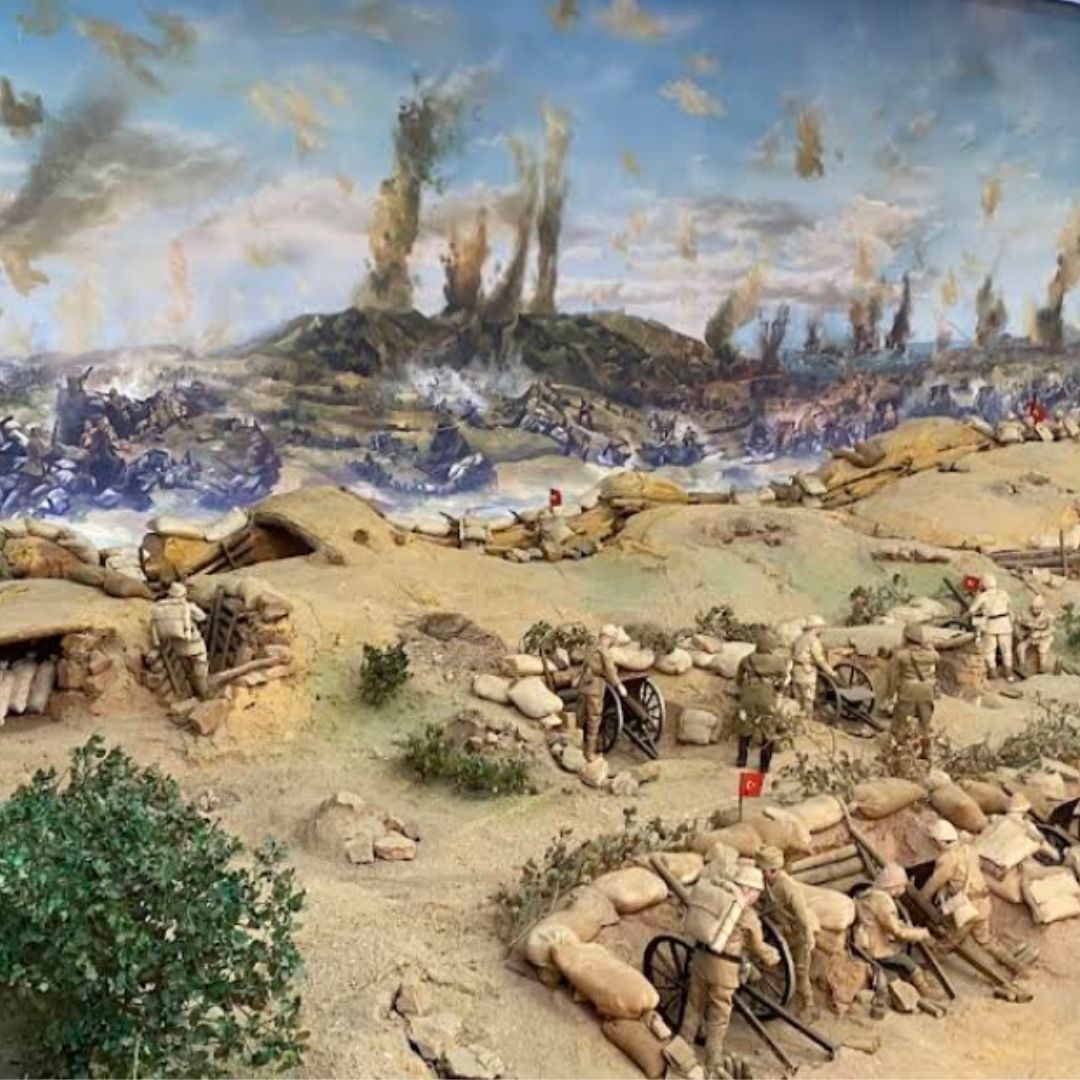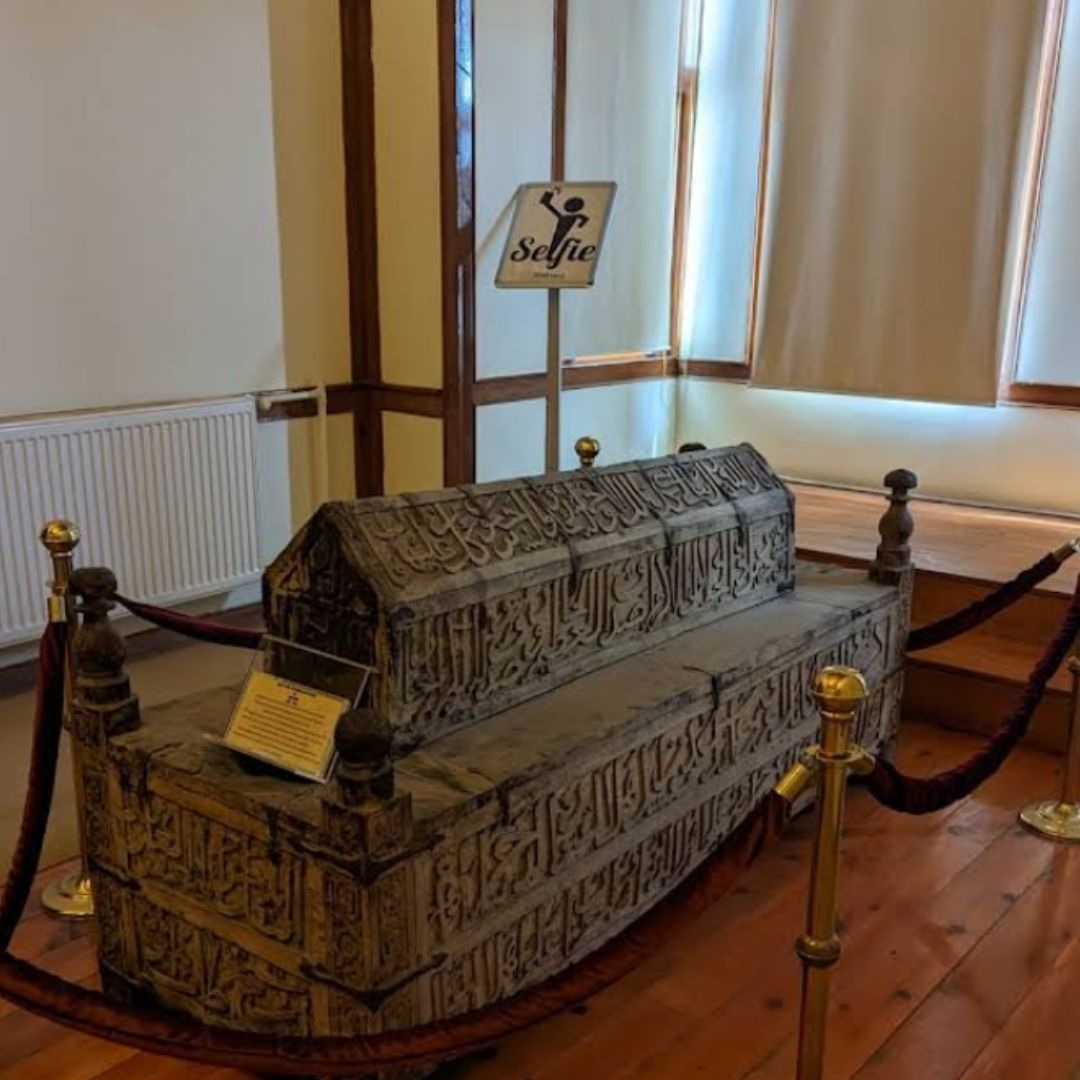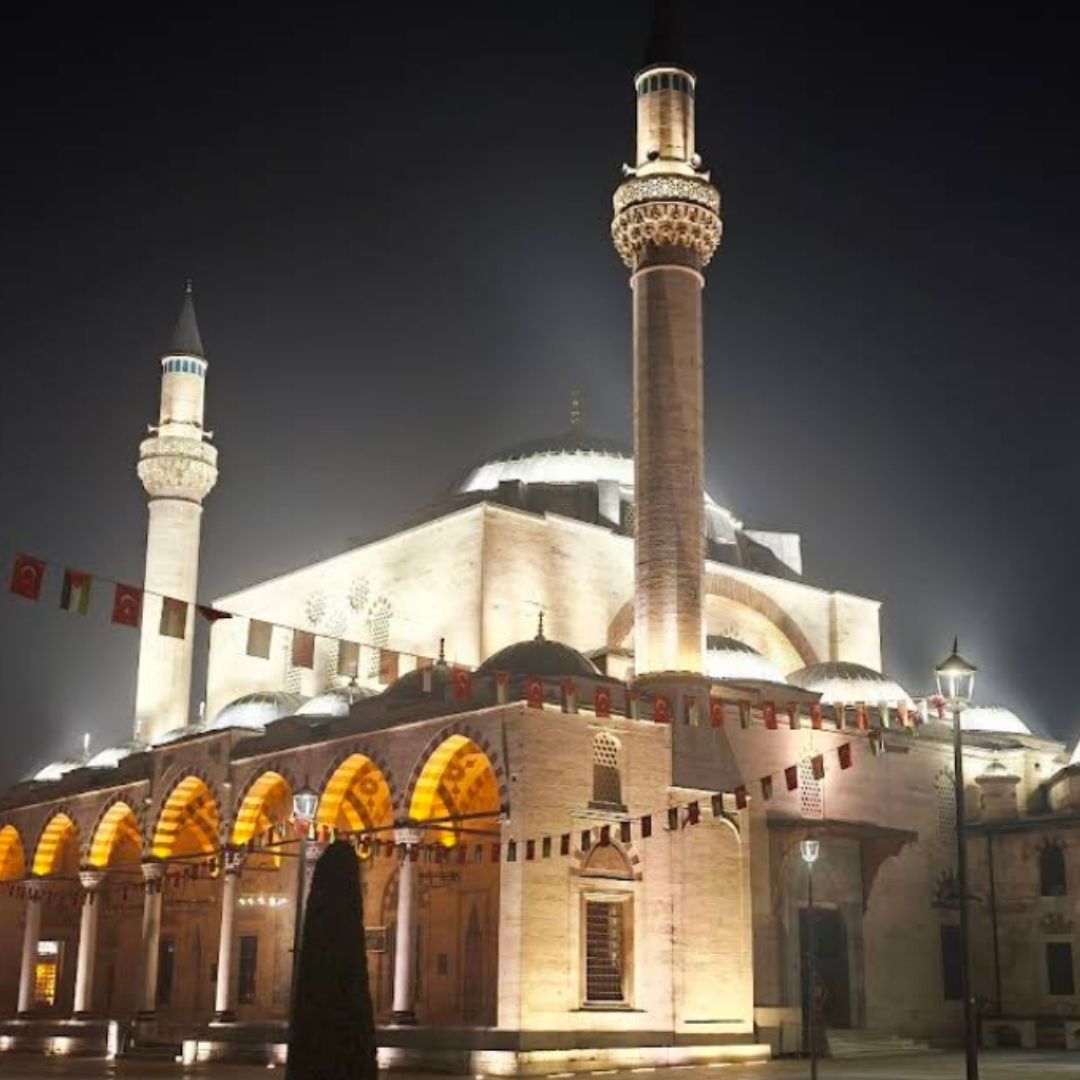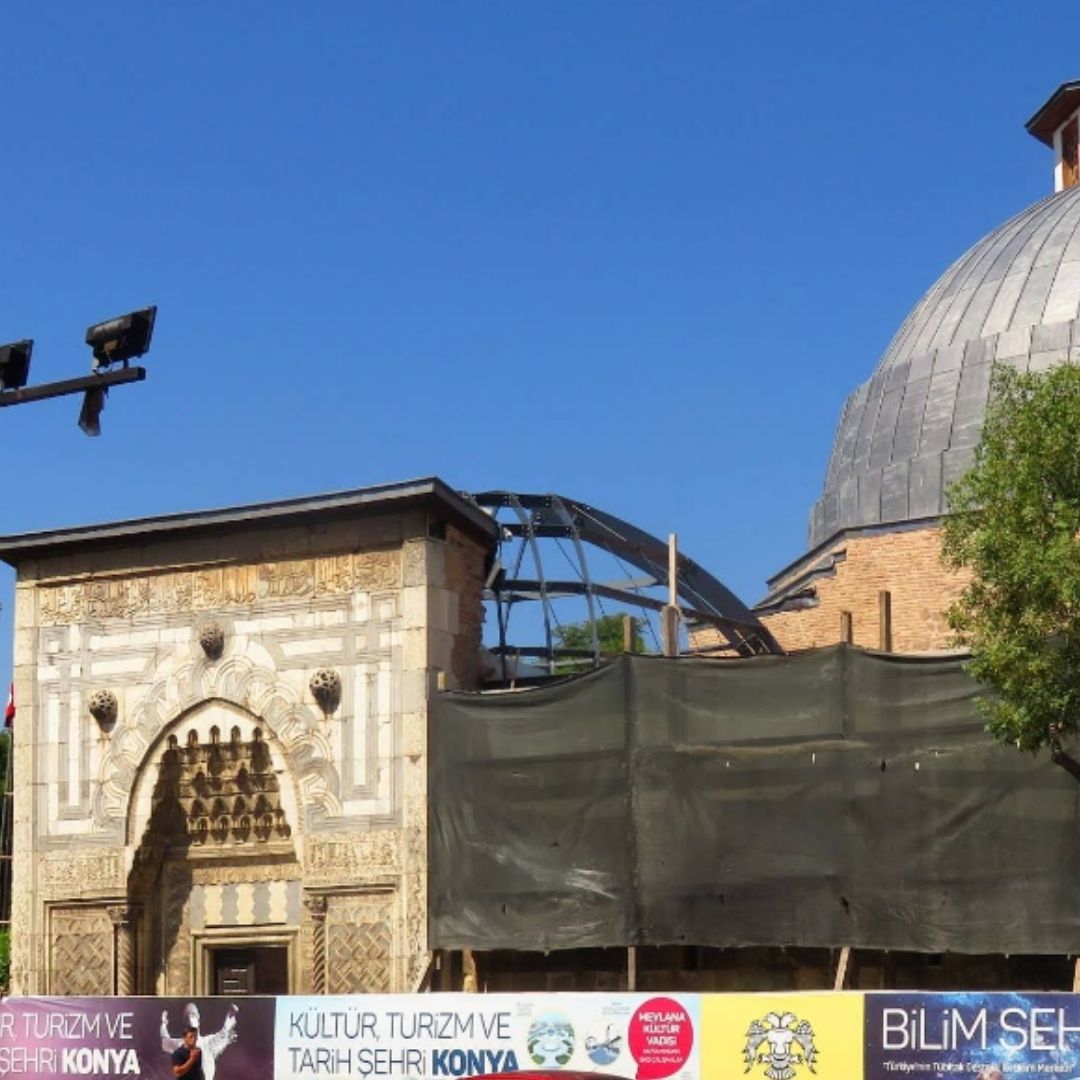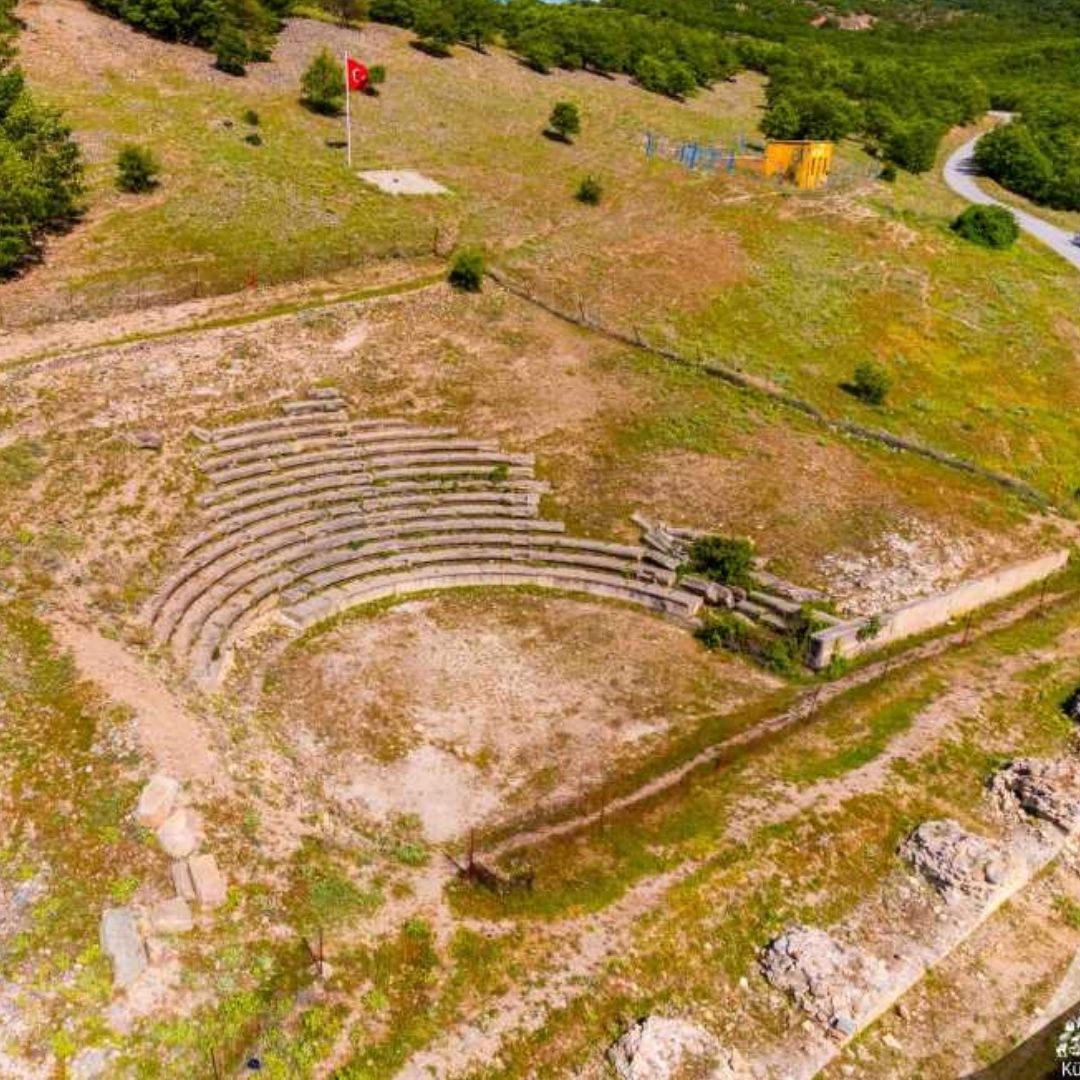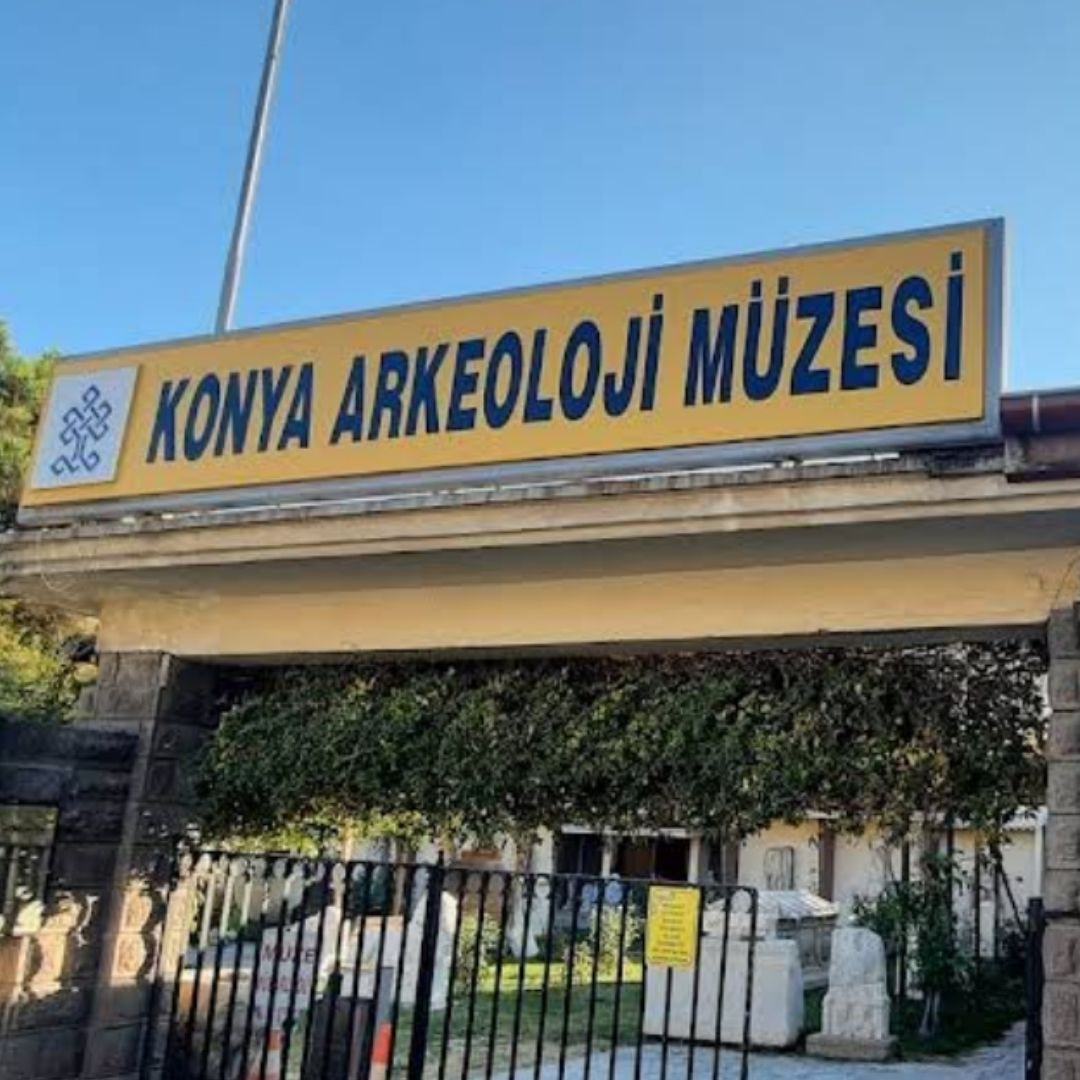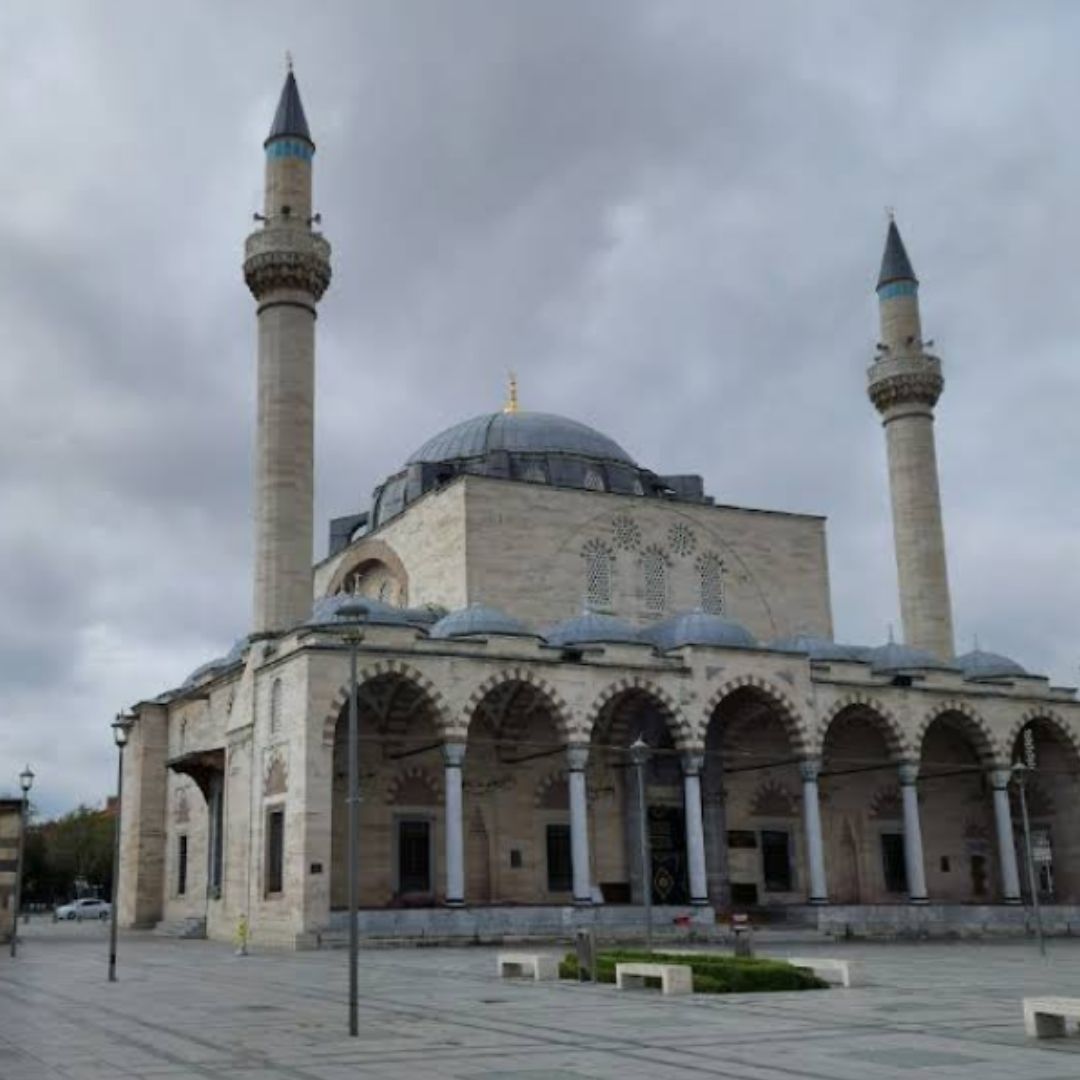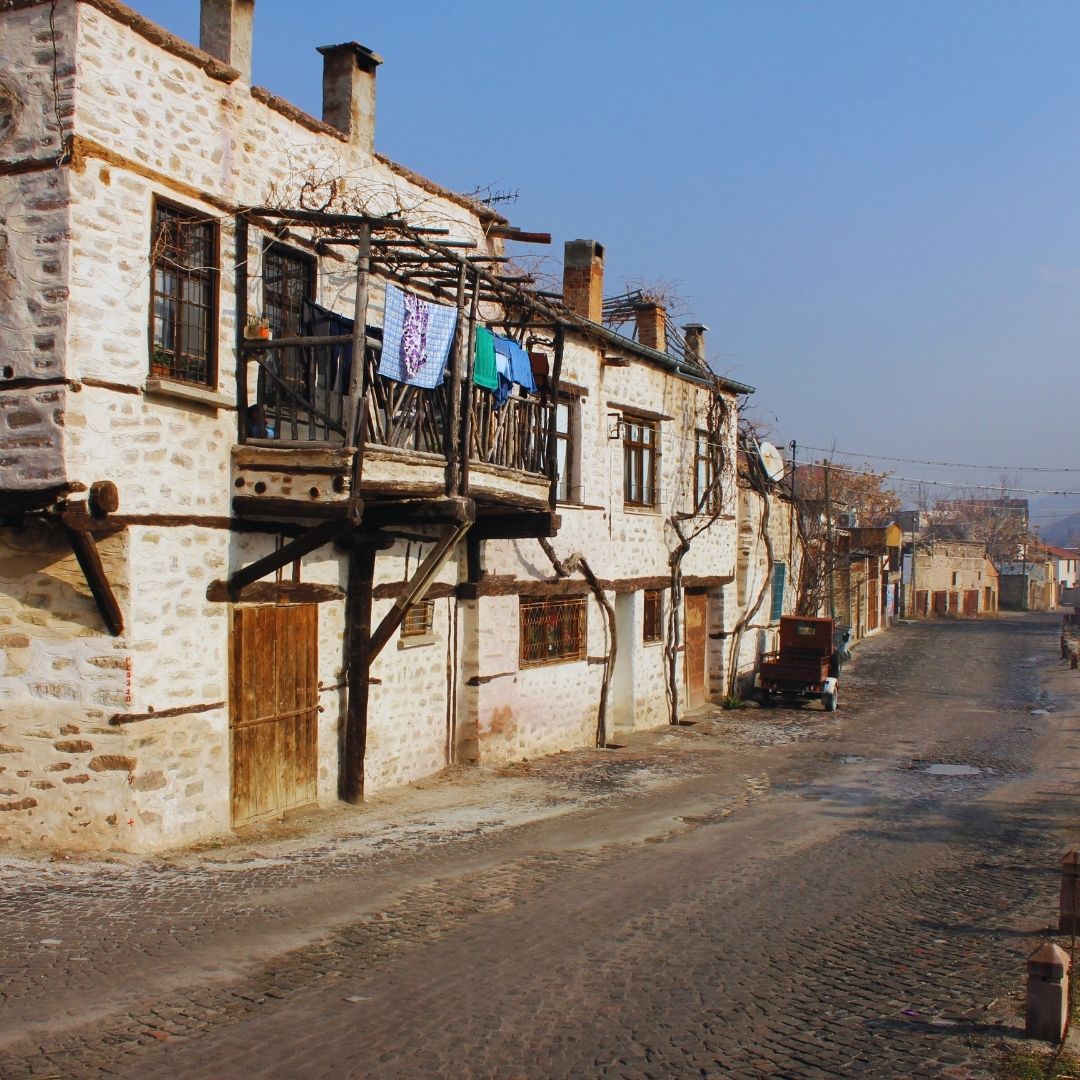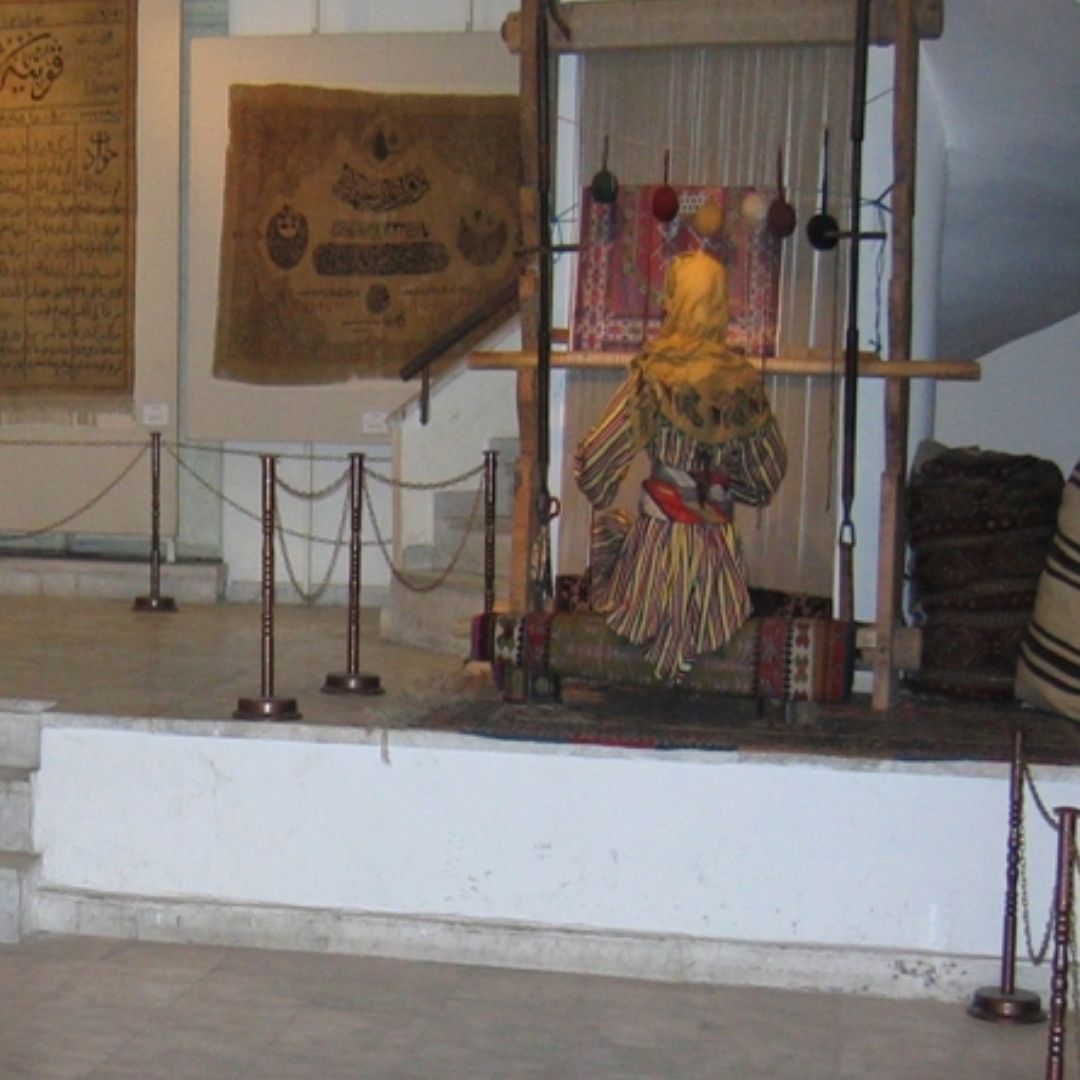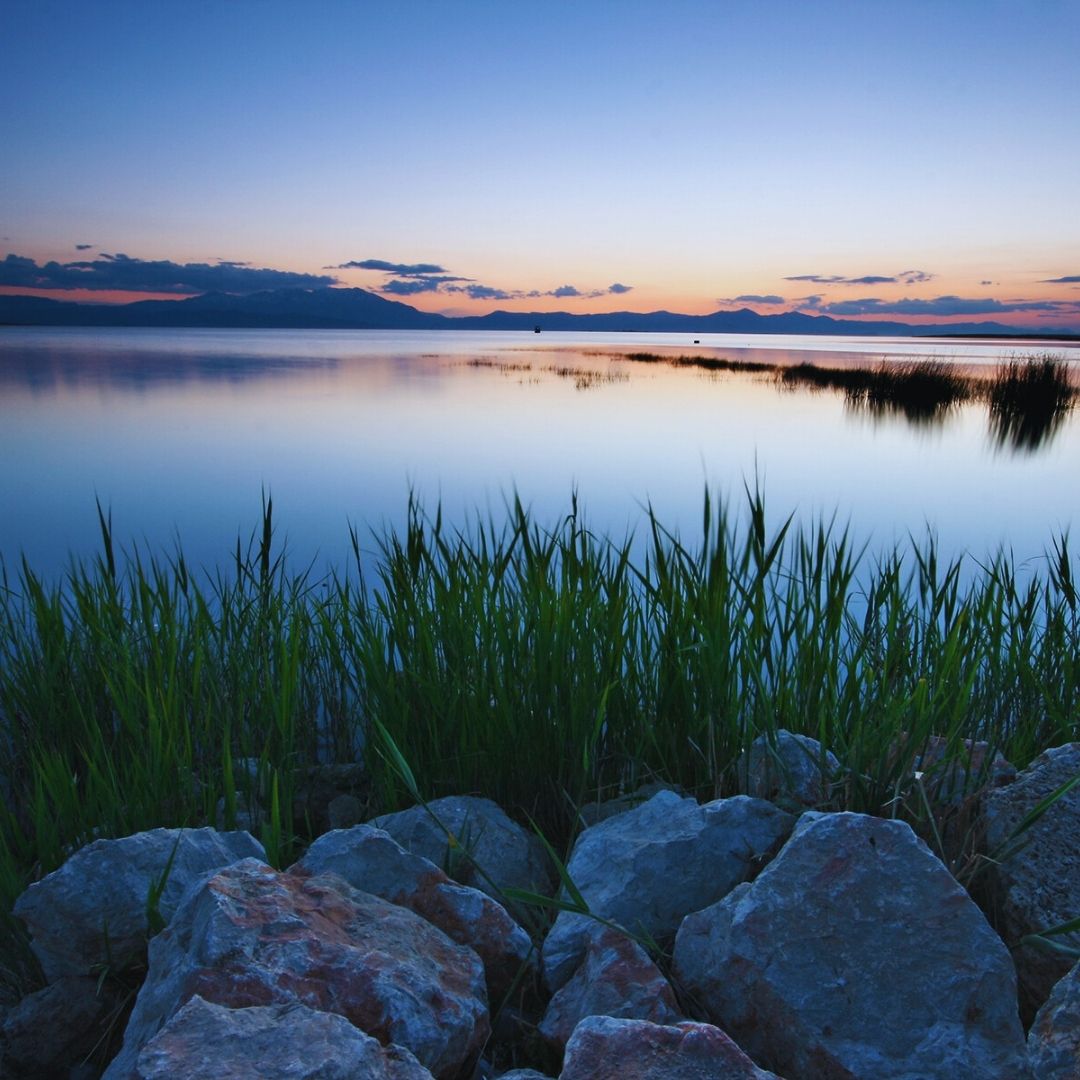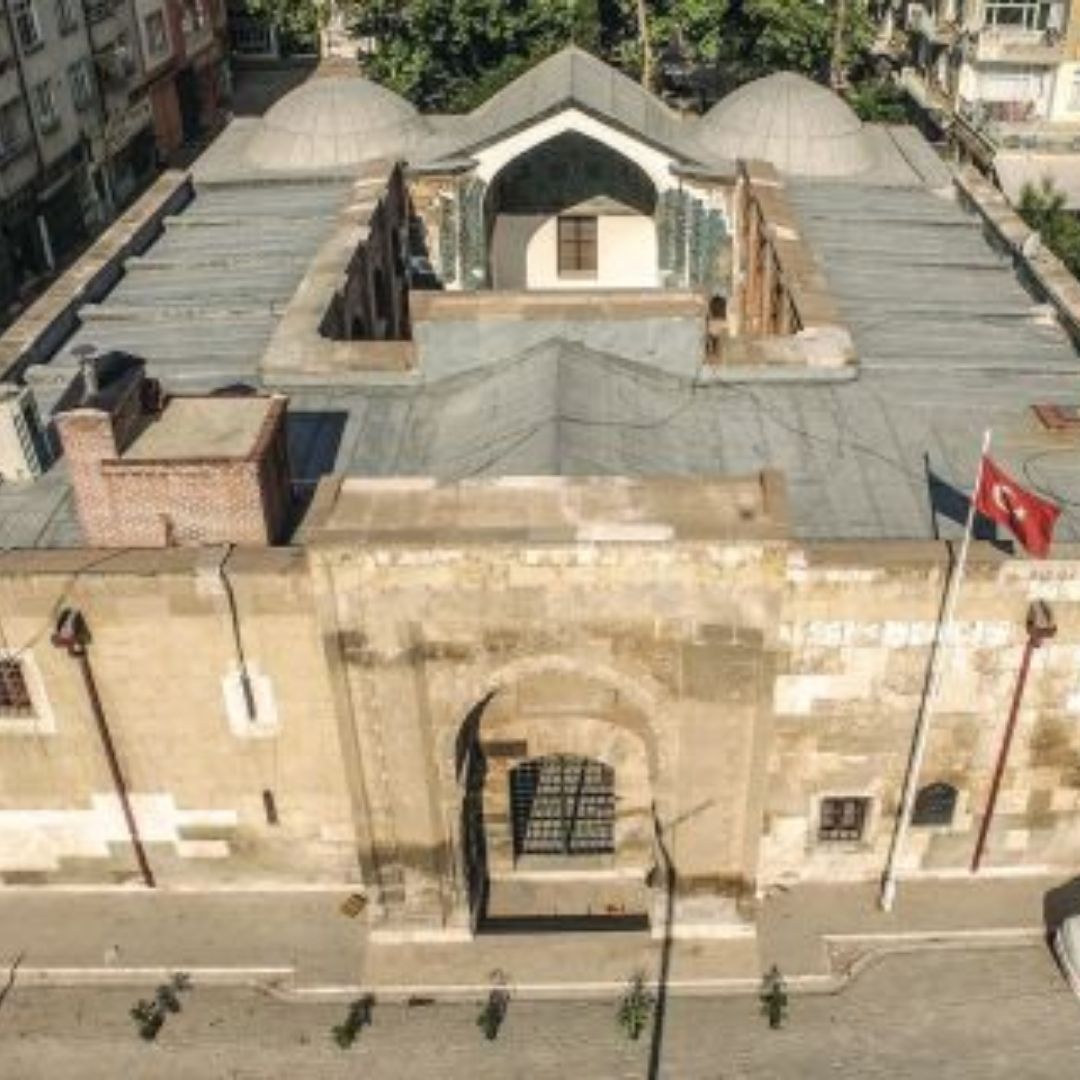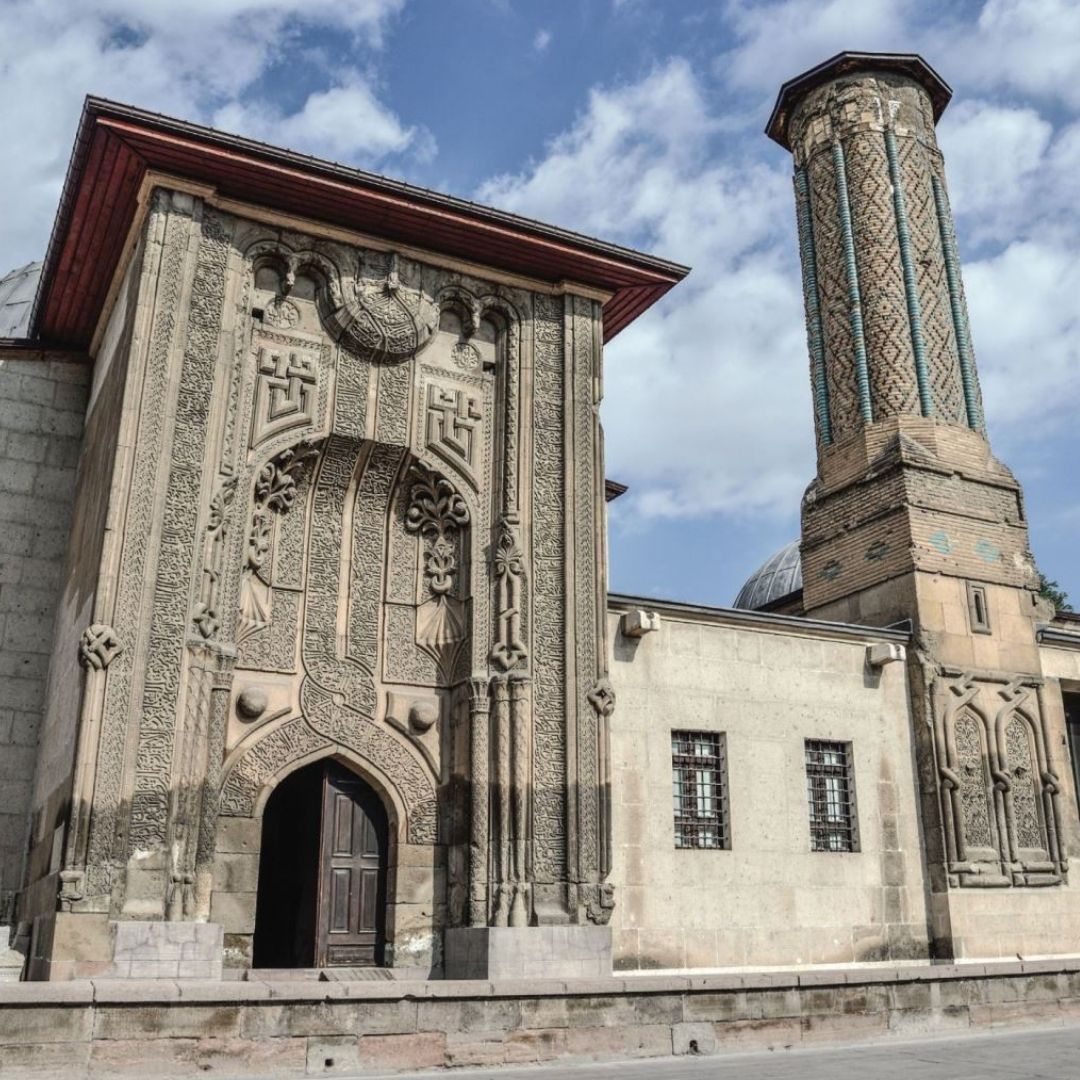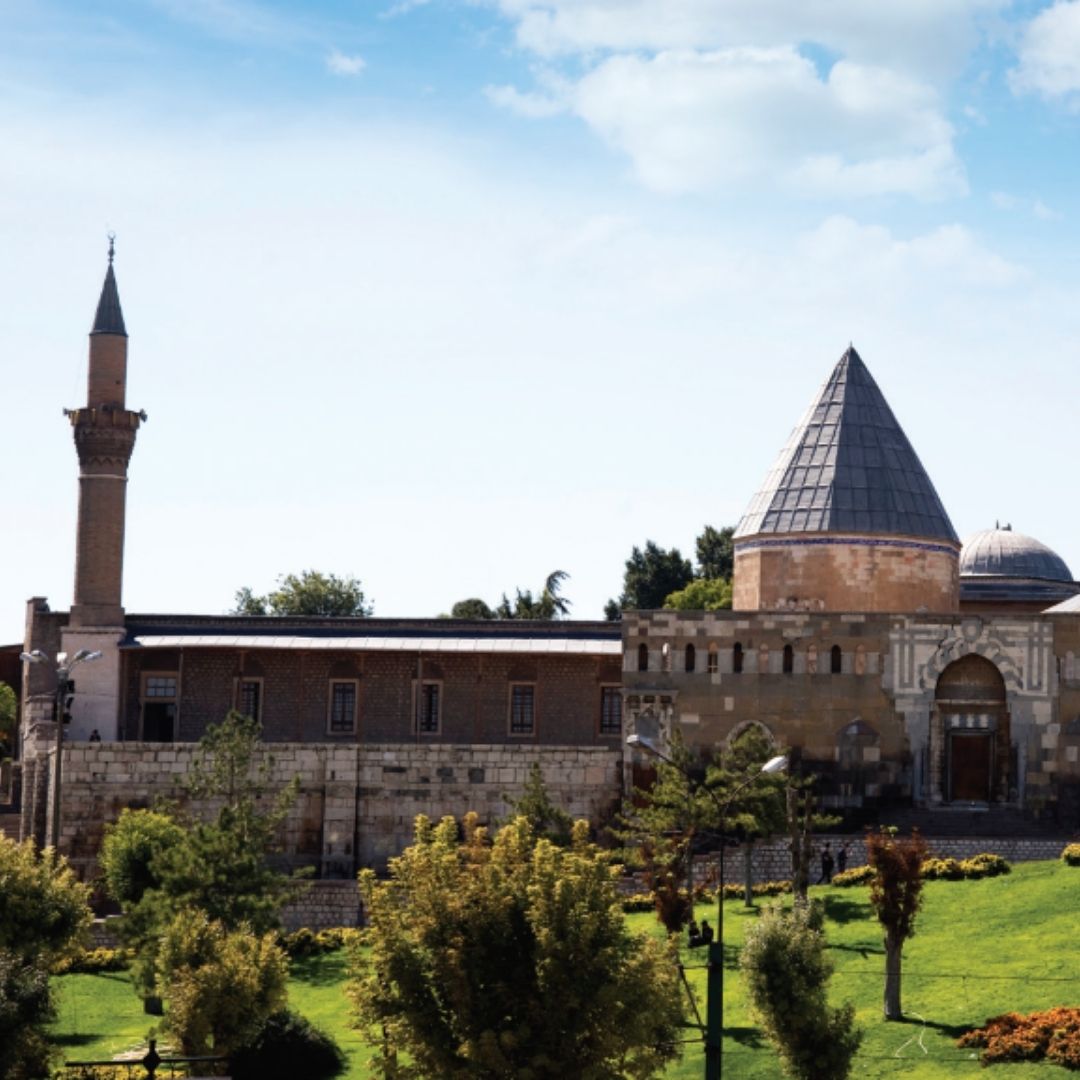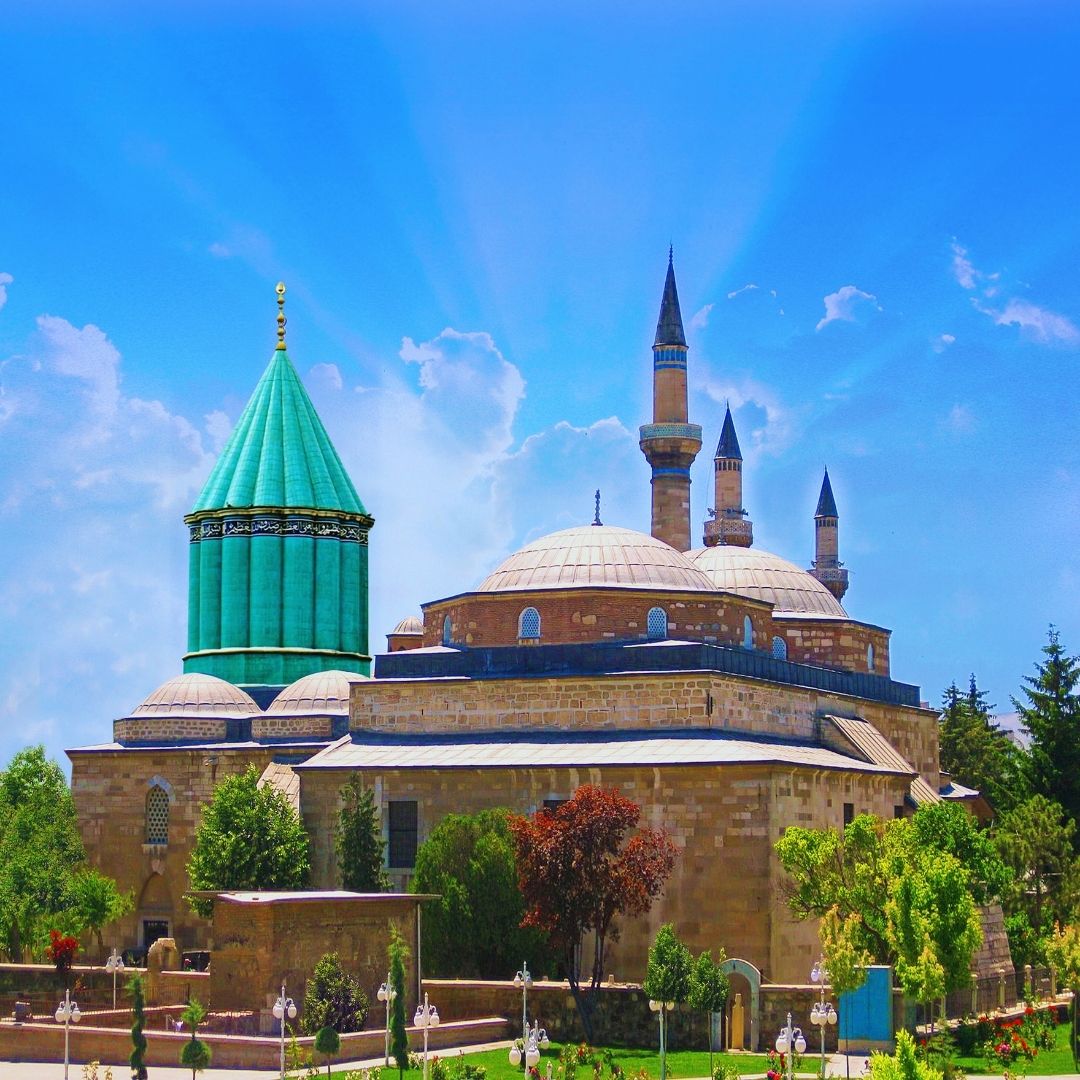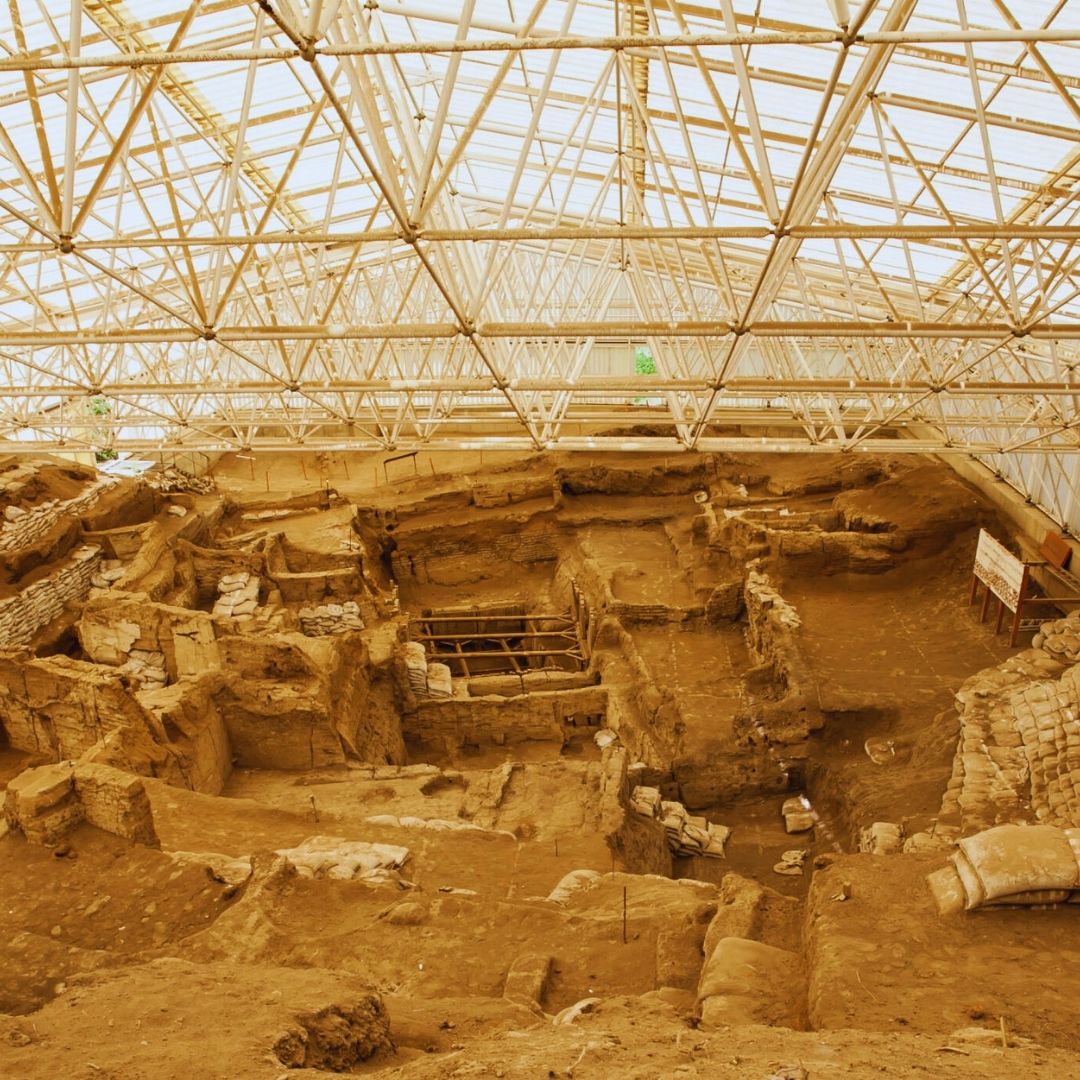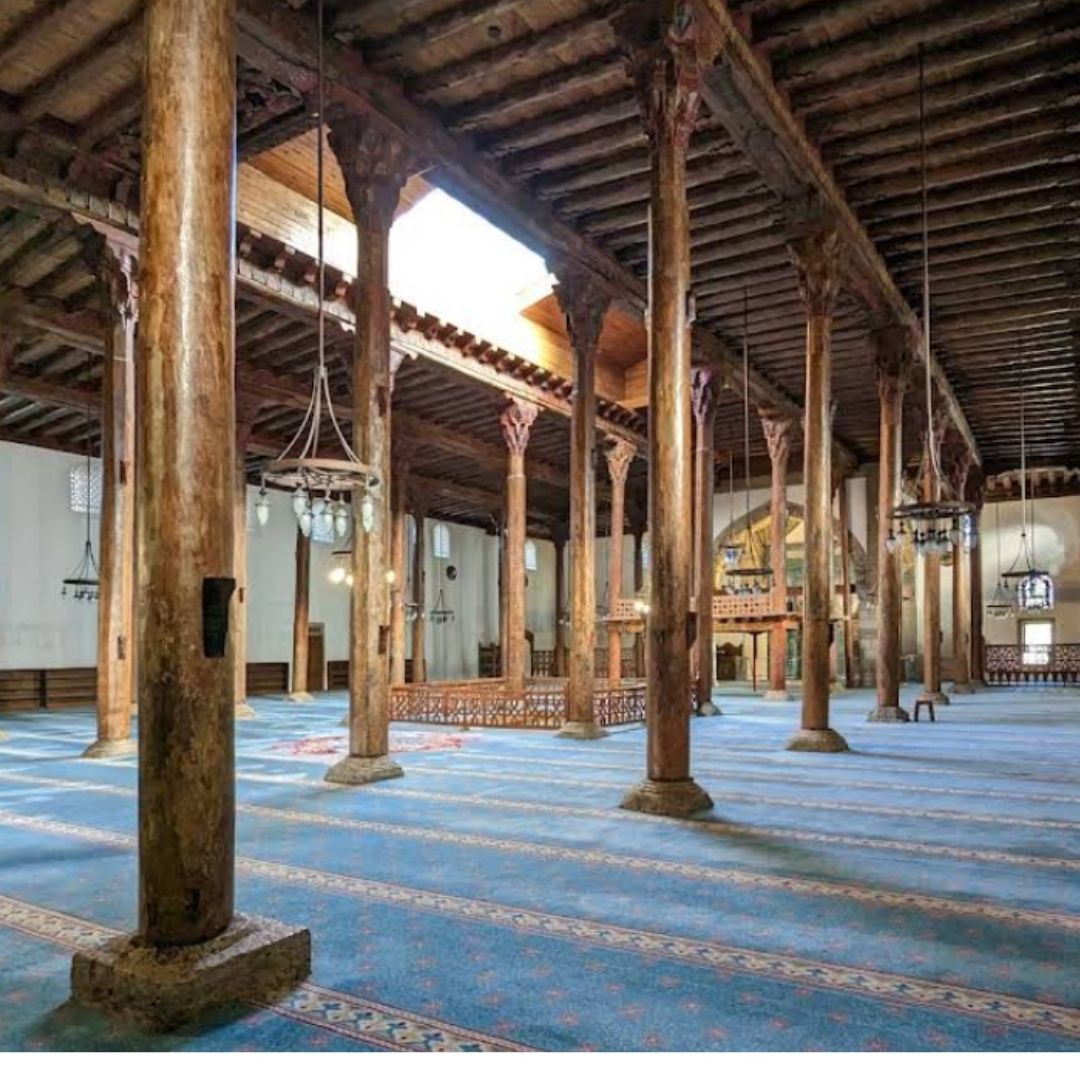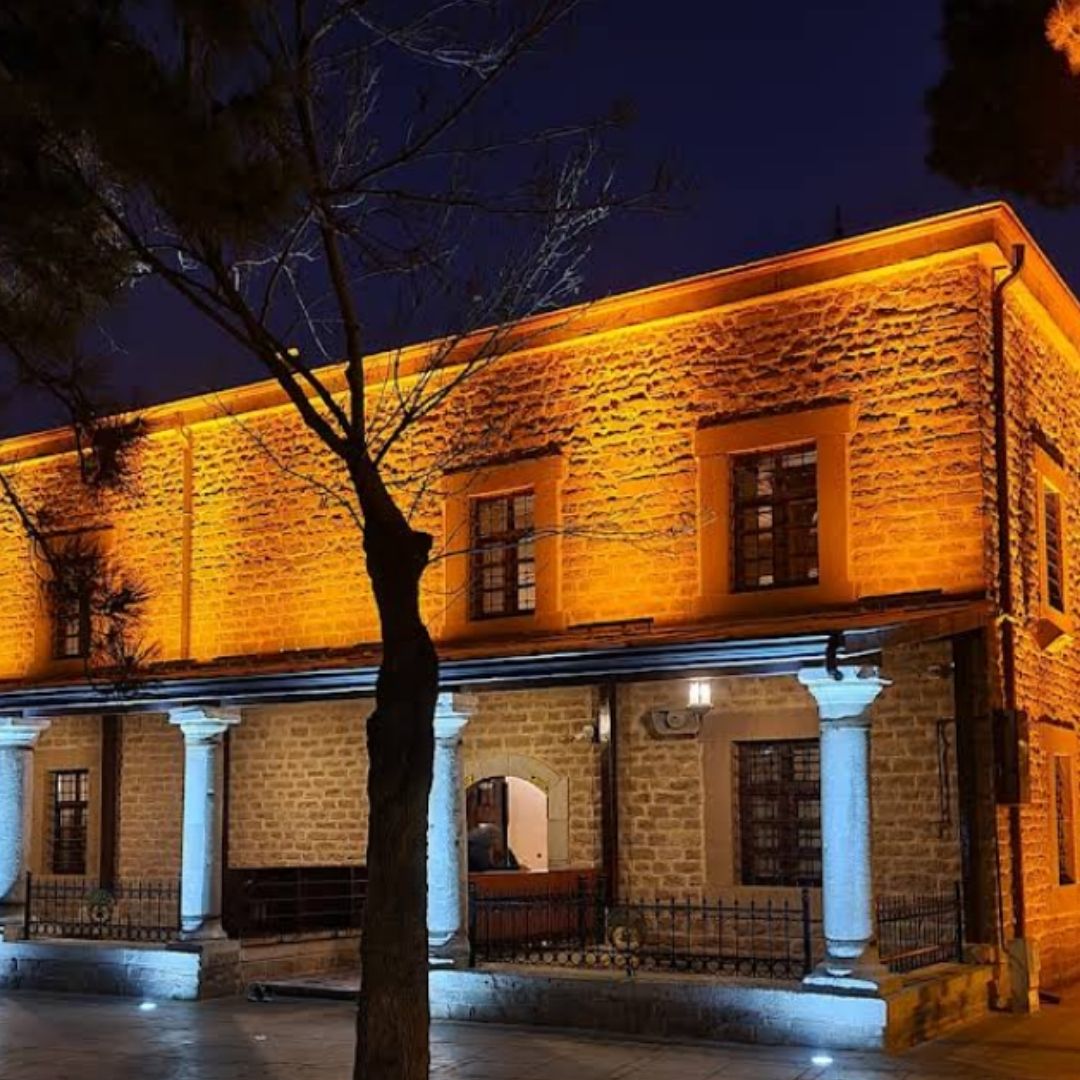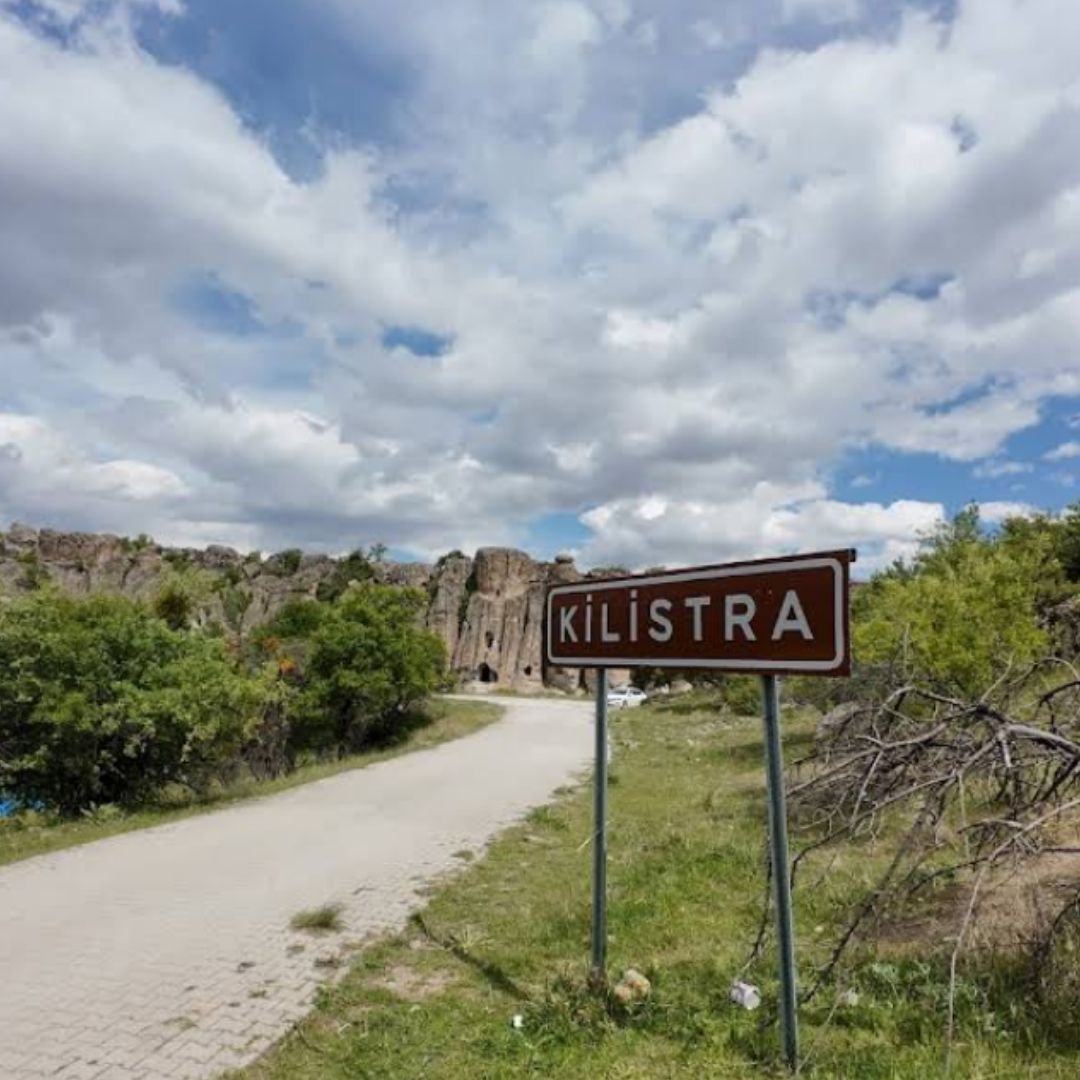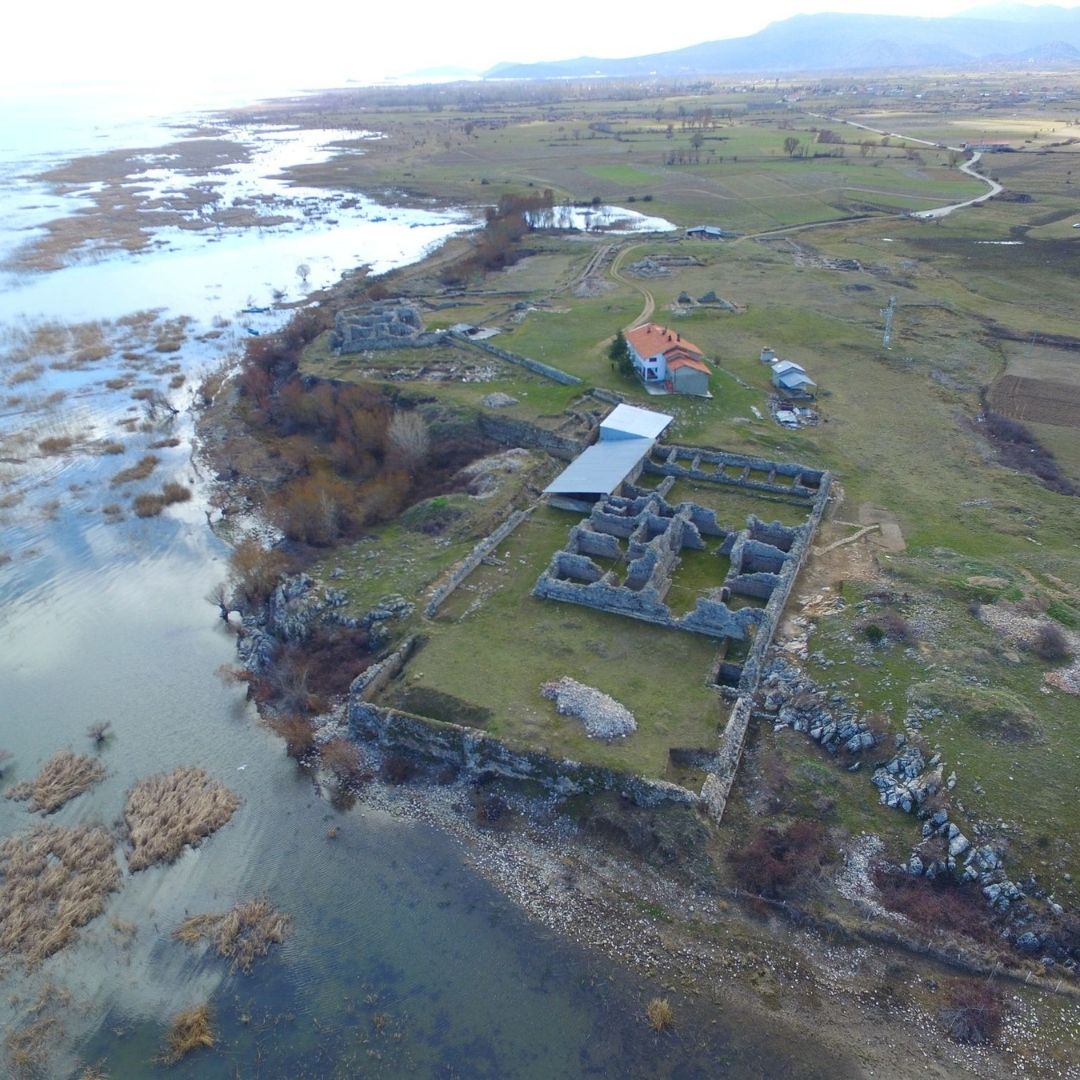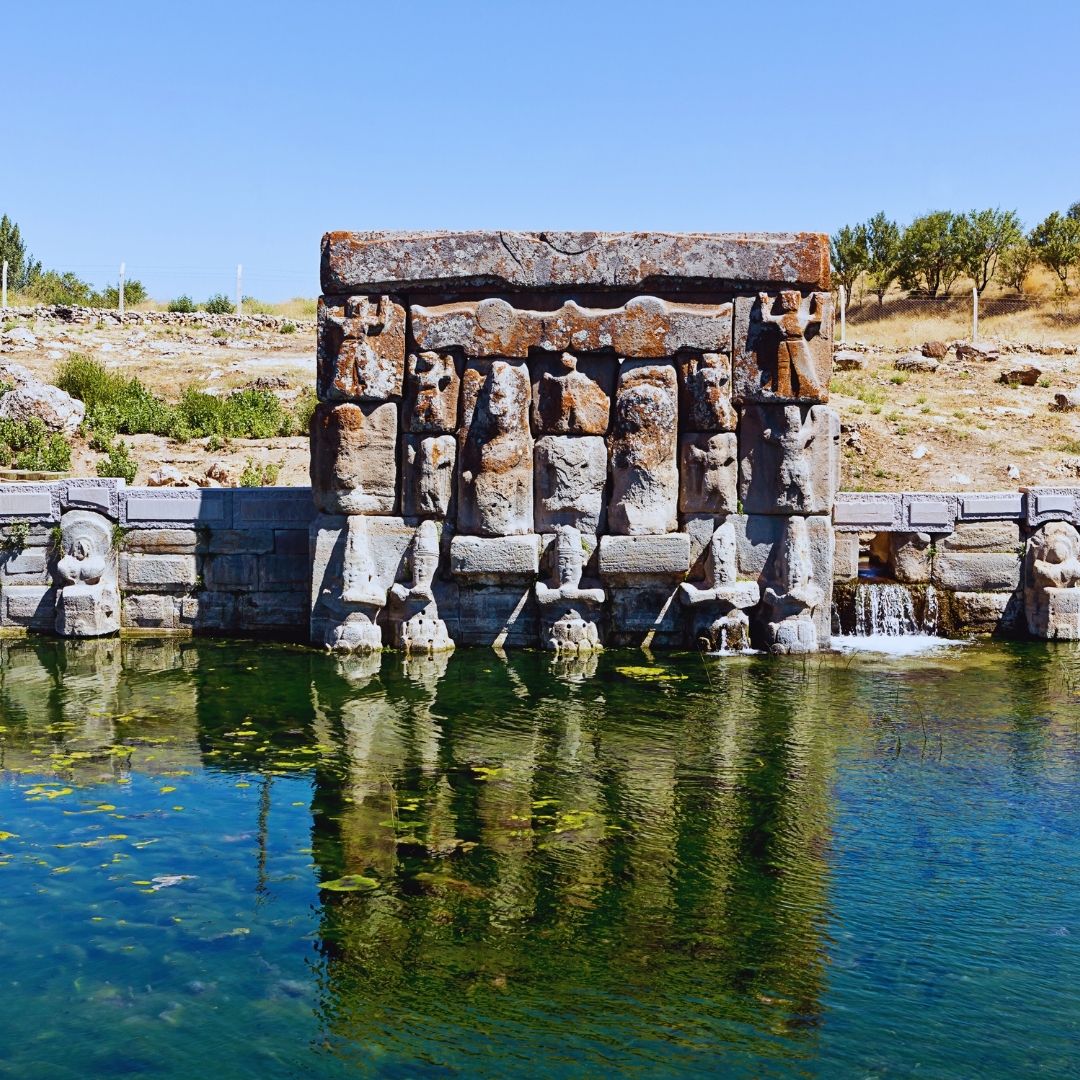Karatay Madrasa Tile Works Museum
Karatay Madrasa Tile Works Museum
Travel Point Overview
One of the most significant historical structures in Konya, Karatay Madrasa was built in 1251 by Emir Celaleddin Karatay during the reign of Sultan Izeddin Keykavus II. Designed as a madrasa with a closed courtyard, this structure is one of the finest exa
Karatay Madrasa Tile Works Museum: The Artistic Heritage of the Seljuks
📍 Location: Konya, Turkey
🏛 Era: Anatolian Seljuks (1251)
👑 Commissioned by: Emir Celaleddin Karatay
🎨 Architectural Style: Seljuk stone and tile craftsmanship
🖼 Opened as a Museum: 1955
A Gateway to Seljuk Tile Art
One of the most significant historical structures in Konya, Karatay Madrasa was built in 1251 by Emir Celaleddin Karatay during the reign of Sultan Izeddin Keykavus II. Designed as a madrasa with a closed courtyard, this structure is one of the finest examples of Seljuk tile art and today serves as the “Tile Works Museum.”
The entire interior of Karatay Madrasa is adorned with mosaic and panel tiles, making it one of the most exquisite examples of Seljuk stone craftsmanship. Its entrance gate is decorated with intricate geometric and floral motifs characteristic of Seljuk architecture, along with verses from the Quran and hadith inscriptions.
Architectural Features and Tile Art
🏛 A Masterpiece of Seljuk Architecture
🔹 The madrasa’s main walls were built from stone, while its dome and vaults were constructed from bricks.
🔹 The entrance gate, made of blue and white marble, showcases fine decorative craftsmanship.
🔹 Built using Sille stone, the single-story structure reflects the architectural style unique to the Seljuk period.
🎨 Exquisite Tile Craftsmanship
🔹 The interior of the madrasa is richly decorated with mosaic and panel tiles.
🔹 Tile panels and decorations from Kubadabad Palace offer a glimpse into the grandeur of Seljuk art.
🔹 The blue, turquoise, and white shades used on the dome and walls perfectly represent the artistic aesthetic of the era.
🕌 The Tomb of Celaleddin Karatay
🔹 Located in the southwest corner of the madrasa, this tomb belongs to its founder, Emir Celaleddin Karatay.
Exhibits in the Museum
Since 1955, Karatay Madrasa has served as the “Tile Works Museum.” The museum’s collection includes ceramics and tiles from the Seljuk, Beylik, and Ottoman periods.
🏺 Highlights of the Museum’s Collection
✅ Tile panels from Kubadabad Palace
✅ Plaster decorations and wooden cabinets
✅ Seljuk and Ottoman-era tile plates and oil lamps
✅ Rare examples of Seljuk ceramic art
Visiting Karatay Madrasa: Tips & Information
📍 Location: Situated in the city center of Konya.
🚗 How to Get There: Easily accessible by public transport or private vehicle.
🎟 Entrance Fee: Admission is available with a museum pass.
🕰 Opening Hours: Open daily.
✅ Admire the unique tile decorations up close.
✅ Explore the stunning tile panels from Kubadabad Palace and immerse yourself in the world of Seljuk art.
✅ Use the Advisormapp app to locate the madrasa and plan your visit.
Conclusion: A Madrasa at the Heart of Tile Art
Karatay Madrasa is not just an educational institution but a masterpiece that showcases the finest details of Seljuk artistry. It is a must-visit museum for anyone wishing to witness centuries-old tile craftsmanship and the grandeur of the Seljuk period.
🗺 Plan your entire trip and explore other historical landmarks in Konya with Advisormapp! 🚀✨

